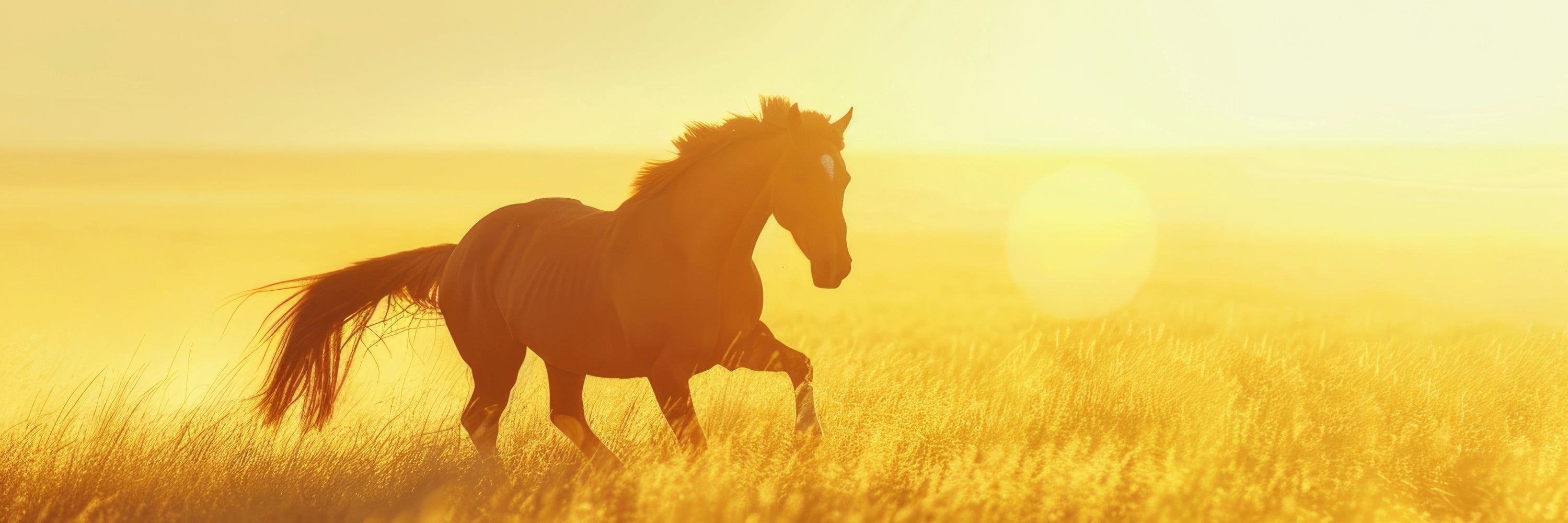
Herbal Supplements for Horses-Complete Guide To Choosing The Best
Shop Natural Horse Supplements
Article Contents
-
Why Choose Herbs for Horses?
-
Nature as Medicine
-
Benefits of Herbs for Horses Compared to Conventional Supplements
-
What to Look for When Choosing Herbs for Horses
-
Things to Avoid When Choosing Herbal Supplements for Horses
-
The Best Herbs for Horses

Why Choose Herbs for Horses?
Herbs and natural remedies in general are fast becoming the go-to solution for horse owners around the globe. Whether you would classify yourself as a holistic-oriented person, someone who values the “natural” approach or just someone who wants the best for yourself and your horses, herbs (and mother-nature) have the remedies we need today.
Herbs and natural remedies for horses can save you money, offer more health benefits and minimize, if not completely eliminate, the negative side-effects caused by the alternatives.
This article will give you a greater understanding of the potent benefits herbal supplements offer for horses and explain why choosing the right herb for your horse is not quite as simple as just picking any ‘ol herb from your favorite apothecary.

Nature as Medicine
Did you know that most pharmaceuticals get their start as a natural compound? Most often it is a plant or some other bioactive nutrient that researchers find offers health benefits to the user. The drug manufacturers then take that substance, isolate it and manipulate the chemical structure into a unique formulation that they can patent and then sell to the public for an exorbitant amount of profit.
Manufacturers need to bastardize the compound found in nature to make it a unique and novel compound. Once manufacturers have made a unique chemical, they can patent it and protect their investments (and profit). You see, you can’t patent something that exists organically in nature.
In fact, it is estimated that more than 60% of all medicines in modernized countries are directly derived from natural sources. [1]
This begs the question: if many of the “best” conventional medicines started out as a naturally occurring plant or herb, wouldn't those same plants and herbs offer the same benefits?
The answer is unequivocally, YES! And here are some examples:
Omeprazole, the drug most often prescribed for ulcers in horses, is derived from cabbage.
Cabbage is a fantastic natural remedy for ulcers in horses. Simply chop or shred ¼ of a small-medium sized head of cabbage and feed daily for 30-days. Most horses love fresh cabbage. Similar to Omeprazole, feeding cabbage will deplete the horse's calcium stores. It is recommended to cycle one-month-on, one-month-off cabbage feeding until ulcers are resolved. Depending on type and severity, most ulcers in horses resolve with 1-3 cycles of cabbage feeding.
Aspirin, a common over the counter medication is made from White Willow Bark. White Willow Bark is a popular ingredient in many equine natural pain, inflammation and joint health formulations.
A novel anti-malarial drug was first recognized by observing animals. Chimpanzees in Uganda were seen treating themselves for malaria by eating Trichilia rubescens, a species in the Mahogany Tree Family. [2]
The list goes on, but I'm guessing you are starting to get the point. The right herbs for horses and other natural remedies for equines can unlock a profound health and vibrance for your horse. All at a fraction of the cost and without all of the negative side effects. You just need to know what to look for and know how to choose the best herbs for horses. Keep reading, we explain all of that and more.

Benefits of Herbs for Horses Compared to Conventional Supplements
When it comes to conventional supplements, herbs for horses still offer a better solution. Let me explain.
Conventional supplements suffer from the same narrow paradigm as pharmaceutical treatments. The notion that you can isolate one bioactive compound, either extract it or recreate that substance in a lab, and it will offer the same benefits as the whole food, is simply false.
Let's take Vitamin C for example:
Vitamin C is well known to promote a whole bunch of health benefits including reduced inflammation, improved immune system health, and improved mood and mental health.
But, is a conventional Vitamin C powder equivalent in its benefit and effectiveness as a whole food supplement like Rose Hips? The science and anecdotal evidence says, No!
The Science: All vitamins, minerals, proteins, fats, and basically every nutrient you can think of do not exist in nature in isolation. Nutrients in nature exist in a complex matrix of enzymes, co-factors, phytonutrients and synergistic compounds.
The evolution of animals and humans was in perfect balance with these naturally occurring matrices of nutrients. Haven’t you ever wondered how a single dose of some supplements will have 2,000%+ of the recommended daily value of a single nutrient yet the user does not get sick? That is because the digestive system has an innate intelligence to it and rejects most of the supplement before it ever enters the bloodstream. Supplement manufacturers have to include an exorbitant amount of the synthetic vitamin or mineral in the hopes that SOME of the lab-made nutrients make it past the intestinal defense system.
If you spend money on conventional supplements for you or your horse, you are essentially just paying to have expensive urine and manure.
Low absorption rates of conventional supplements is caused by two primary factors.
1) Most conventional supplements do not actually contain real vitamins or minerals. Most conventional supplements are synthetically formed in a lab and oftentimes their chemical structure is not even the same as the naturally occurring nutrinet.
In fact, vitamins and other supplements that are labeled as “naturally sourced” technically only need to contain 10% of the actual plant derived nutrient, the other 90% could be synthetic. And
synthetically formed vitamins and minerals can be made from some pretty horrific starting materials. For example:
Vitamin C is most often derived from corn-sugar, corn-starch or rice starch. Corn, the leading genetically modified crop in North America, is also one of the most heavily contaminated agricultural crops in the United States.
Vitamin B1 is often formed from yellow coal tar… that's right, a fossil fuel!
The list goes on. But, the point is, the intestinal microbiome, the integral membrane proteins and the tight junctions are, in part, designed to identify, recognize and regulate what gets into the bloodstream. The innate intelligence of the gastrointestinal tract knows conventional supplements are synthetic and treats them like a foreign substance that needs to be removed from the body. Again, expensive manure and urine.
Reason #2 conventional supplements have a low absorption rate and are less effective than whole foods.
It comes back to the natural and complex matrix mother nature has designed for us. Even though individual vitamins and minerals get all the publicity around their many health benefits, the reality is it takes a village to get anything done inside the body.
In order for a single vitamin or mineral to do its job effectively in the body, it needs a concert of other enzymes, co-factorers, phytonutrients and synergistic compounds to be present AND in the right balance to unlock its full benefit.
Figure 1 represents all of the various forms Vitamin C can take once ingested. Each form is used for various physiologic functions and requires a number of supporting enzymes, co-factors and supporting substrates to achieve each form. [3]

Figure 2 represents all of the potential metabolism (breakdown) pathways Vitamin C can follow in mammals and plants. Again, each pathway is necessary for various functions and each step of the process requires an orchestra of supporting elements to be fully executed. [4]

Additionally, lets consider Zinc and Copper.
Zinc and Copper are well known to be important nutrients for many physiological functions in equines, including proper immune system function, healthy hoof growth, as well as healthy skin and hair. Zinc and Copper play a delicate balancing act. Too much Zinc in the diet will displace copper and prevent copper absorption. Too much copper will displace and prevent the absorption of zinc.
Proper equine nutrition is not as simple as just feeding a complete feed or adding an all-in-one balancer or vitamin/mineral mix. You need to understand the full picture. And, if you haven’t picked up on the theme yet, here is a hint: Whole foods are naturally balanced. Mother-nature has designed them that way. Horses have evolved over millions of years getting the nutrients they need from nature. Why fight mother nature? By knowing the right herbs and natural remedies to choose, you can work with your equine’s natural physiology to help them thrive.

What to Look for When Choosing Herbs for Horses
Congratulations on making it this far in the article. By now you are probably asking yourself: “How do I choose the best/right herbs for my horse?” In this section we will discuss what to look for when choosing herbal supplements for your horse.
Source
Where and how the herbs were grown is important.
Modern agricultural practices have stripped away the natural diversity of nutrients that existed in our soils. To compensate, large scale conventional farms dump fertilizers into the soil.
The problem? This practice only replaces a fraction of the natural biodiversity that is supposed to exist in the soil. Sure the broccoli might look OK, it's green and has a stem. But because the soil is missing key critical nutrients, a diverse network of fungi and other microorganisms; the broccoli (or whatever is grown in that soil) will also be deficient in key nutrients. That plant's immune boosting phytonutrients will similarly be non-existent.
Said simply, when food or herbs are grown in poor soil, the food and herbs are of poor quality. And as such, those foods and herbs do not offer the same healing benefits.
Instead of supporting large-scale, conglomerate agricultural business, look for local farmers, regenerative farmers, and/or traditional farmers from remote parts of the world that value the importance of working WITH nature, not against it. Not only will you be supporting farmers that are helping our world heal, you will also benefit because the food and herbs produced by these farms are far more nutritious and offer more healing potential than the alternatives.
When assessing the quality of herbs for horses, know their source. Are they sourced from local, or traditional farmers or mass produced? Is the herb something that you can get locally or better yet, grow yourself? Or does it need to be grown in a specific climate? Choosing a quality source for your horse's herbs matters a great deal. Choose local whenever possible, find sources that are traditionally grown and ethically sourced, its good karma points and the healing benefits of these herbs is far superior.
Processing
With the exception of Vitamin K2 from spinach, almost everything else is more potent (meaning more healing potential) the closer it is to fresh picked from right outside your front door.
Spinach and Vitamin K2 are the exceptions. Frozen spinach has a higher concentration and a more bioavailable form of Vitamin K2 then does fresh spinach. But this is only true for Vitamin K2, not all of the other vitamins and minerals in spinach AND this is one of the only examples for a frozen whole food being “better” than fresh whole foods.
For most of us, it is unrealistic to think we can grow all of the medicinal herbs we need. So, if you don’t have a very green thumb or your local climate doesn’t allow you to grow what you need, these are the things to look for when choosing the best herbs for your horse.
Air Dried/Naturally Cured -
This means the herb was not cooked or heated to dry it out. Instead, the herb was allowed to dry naturally in the ambient air temperature. This process preserves the delicate nutrients whereas heating/cooking herbs will destroy nutrients.
Naturally Ripened/Harvested at Peak Potency-
This means the herb was allowed to grow naturally and was harvested at the right time to maximize its healing potential. Sometimes herbs and natural remedies are harvested before Peak Potency. Sometimes this is done to compensate for their long transportation times from field to store. Packing and shipping ripe foods means they spoil faster, harvesting early means they can travel further before spoiling. Additionally, some companies will harvest early as a means of quickening time to market and quicker crop turnover (aka increasing profit). Herbs and natural remedies have a natural peak potency, if you want herbs to have positive health benefits, best to choose herbs that are harvested at peak potency.
Minimally Processed -
This means the herb has only been slightly modified from its fresh, natural state. This can include being cut and sifted, naturally dried, or pressed (assuming the pressing process DOES NOT require grinding the herb, DOES NOT create heat/friction during processing and is otherwise intentional about preserving the delicate balance of nutrients contained in the whole/raw food/herb).
Whole Plant/Fruit/Seed -
In *most cases, we believe the whole plant, fruit or seed will offer a greater healing potential than just a piece or an extract. Remember, mother-nature has perfectly designed the natural remedies we need. It is the modern, western paradigm way of thinking to assume that a single piece of a complex matrix delivers all of the benefits.
“The whole is greater than the sum of its parts.”
Typically attributed to Aristotle.
*Note: This is not always the case and you may need expert guidance when deciphering the right composition for particular herbs or other natural remedies for your horse's needs. For example, Kava is a fantastic supplement for mood, focus, mental health and sleep. But, if the leaves and plant are used, these benefits come with a nasty side effect of liver toxicity with continued use. If just the root of the Kava plant is used however, you can get the same benefits without the liver toxicity. That is why we love THIS Kava Supplement.
One final note: These terms and the herbal supplement market in general are unregulated. That means there is no mandatory review by a third party to ensure supplement companies are adhering to the standards they claim. Personally, I believe in a free market. I believe that companies that operate with integrity and are honest about their products and label claims will rise to the top. While companies that make false claims and substitute quality and integrity for profit will eventually be found out and fail.
Use common sense when you are shopping for herbal supplements for your horse. If the label says “minimally processed” yet the supplement is in capsules or is a fine powder. This herb has, at the very least, been ground up and has likely been heated or cooked as well to speed the drying process. To me, that is not “minimal” and I would question the integrity of that product and the company that is making those claims.
Certification
Certifications are important. Certifications are in place to help the consumer understand what quality standards or practices have been followed to bring a particular product to market. Here are some of the certifications to look for when shopping for herbs for your horse.
Organic
Organic is important, especially in the world we live in today. Agricultural chemicals are a modern day epidemic and without going into great detail, non-organic foods and herbs should be avoided for multiple reasons.
1) The agricultural chemicals that are used on the plant during the growing process do not disappear by the time we or our horses consume them. Agricultural chemical toxicity is rampant in the United States and is linked to increased risks of cancer, inflammation, metabolic disorders, neurodegenerative diseases and gastrointestinal disorders.
2) The most commonly used agricultural chemical today is glyphosate, the active ingredient in RoundUp. This chemical has a long list of damaging effects. For the purposes of this article, I’ll bring your attention to just one of those negative consequences: Nutrient availability.
2a) Glyphosate sequesters vitamins and minerals deep into the soil. What this means is it ties up the vitamins and minerals the plant would normally absorb during its natural growing cycle and keeps them bound in the soil. This leads to plants and herbs that look good on the outside but inside they are missing their natural healing benefits.
2b) Glyphosate’s primary mode of action is to shut down the shikimate pathway. This is the pathway plants use to make amino acids (proteins). This, again, leads to plants and herbs that might look fine on the outside but inside they are missing key healing properties.
2c) One final note about the shikimate pathway, this is the primary pathway fungi use to survive, without it, fungi cannot survive. This may sound insignificant when talking about plants and herbs but it is the naturally occurring smorgasbord of fungi in soil that allow plants to absorb and create all of their vitamins, minerals, phytonutrients, enzymes and immune system (yes, plants have an immune system, too). In other words, fungi are responsible for all of the things that make plants and herbs healing for our horses.
Choosing organic certified foods and herbs for our horses means we are reducing our animals exposure to health destroying agricultural chemicals. Choosing organic also means that the herbs we feed are packed with their maximum healing potential just as mother-natured designed them.
Ethically-Sourced
This certification is more than just a feel-good purchase. Yes, this certification was designed to help consumers choose plants, foods and herbs that were grown and harvested in an ethical way, including paying fair prices to the traditional farmers that grew the plants. It also means a lot for the herbs healing potential.
Ethically sourced means the growing practice and harvesting were done in a way that works with nature and does not destroy the environment. To grow and harvest plants in an ethical way means the farmers had to remineralize, support the innate biodiversity and otherwise tend to the soil they use to grow their crops. This process leads to plants and herbs that are packed with natural healing potential.
Third-Party Tested (with proof for each batch)
This certification is incredibly important and shows a company with high integrity. Especially in the supplement market that is unregulated. Providing third-party testing for each batch means the company is spending money to have an unassociated third-party company test the potency and purity of their products, validating their label claims. Be especially wary of companies that claim third-party tests but do not provide proof, or companies that only have third-party tests from a previous product batch. Every batch of products should be tested, not only for purity and potency but also from contaminates like heavy metals, E. Coli and Mold.
COA (Certificate of Analysis)
This is a standardized analysis high quality companies have for every batch of products they bring to market. It tests for things like nutrient levels as well as contaminants. Companies that do not have or are unwilling to share their COA should be used with caution.
NASC (National Animal Supplement Council)
The mission of the National Animal Supplement Council is twofold: to promote the health and wellbeing of companion animals and horses that are given animal health supplements by their owners, and to protect and enhance the animal health supplement industry. [5]
A NASC seal is proof that supplement manufacturers are adhering to the high level of standards mandated by the organization. They are an optional oversight committee companies can choose to be associated with. It is worth noting that while the NASC certification is a meaningful designation there is a significant cost associated with their services. This membership cost can be challenging for new or smaller companies to incorporate into their operations. We fully support and believe in the work and mission of NASC. We also know there are a lot of smaller companies that are still upholding high standards of quality and care that cannot yet afford the NASC certification.

Things to Avoid When Choosing Herbal Supplements for Horses
When choosing the right herbs for your horse, there are a few terms or categories to avoid.
Fortified
The term fortified means that supplemental (often synthetic) vitamins, minerals or other additives were included in the supplement to achieve their label claims. Again, as we have already discussed, synthetic and conventional vitamins and minerals are a waste of money. If your supplement label has a long list of hard to pronounce chemical names, chances are the only thing that supplement will do for your horses is make for really expensive urine and manure.
Heated or Cooked
Most herbal supplements won't tell you directly if their product has been heated or cooked. Typically, you can infer this by the lack of labeling to the contrary. High quality supplements will tell you if their product was air dried, naturally cured or something similar. They may also use other language to let you know their supplement has NOT been cooked or heated. Supplements that don’t proudly claim a natural drying process likely heated or cooked their supplement before packaging it. As we have already discussed, heating and cooking herbs and other natural remedies dramatically decreases their healing potential.
Powdered Supplements
Exercise caution when choosing herbal supplements for your horse that are in a fine powder form. The process of grinding herbs into a fine powder creates enough heat (mostly due to friction) that may destroy the delicate balance of nutrients the raw, whole herb contains. Additionally, once the integrity of the whole herb is compromised, oxygen begins to react to and destroy the nutrients inside of that herb. The longer that herb is stored in its ground-up/powdered state the less and less nutrients are available to your horse when they consume them.
Extract
Extracts and concentrations should be considered with caution. In reality, the process of creating an extraction or concentration of an herb or other natural compound will typically require significant processing. Oftentimes, that processing can destroy or neutralize the healing benefits contained in the whole, raw plant or herb.
We have already discussed how the true power of nature, herbs and plants exist because of the naturally occurring matrix contained in the whole plant. The idea that a single bioactive compound is solely responsible for the entire healing benefit offered by the plant or herb is largely inaccurate.
There are times when an extract or concentration may be a good fit. It is important to speak with someone truly knowledgeable about natural remedies to understand when extracts are a better option.
In instances when extracts are a good fit, we encourage you to dive into the process that particular supplement has undergone to create the extract. Chemical extraction processes often use toxic chemicals and the residues therefrom may remain in the final supplement and cause more harm to your horse than good. Similarly, supplements that have undergone intense processing (heating, cooking, grinding, etc) dramatically reduce the innate healing potential of the plant or herb. Essentially negating the benefits you are seeking for your horse.

The Best Herbs for Horses
The best herbs for your horse will depend greatly on what your horse's specific needs are. If you need help understanding what natural remedies might be the best fit for your horse, contact someone who is knowledgeable and experienced with natural and herbal remedies. We are always available if you need help, contact us here.
In general, our approach focuses on three key factors:
- Maximum healing potential
- Minimum cost; and
- Simplicity
Said another way, we choose to supplement our horses with as few things as possible to have the maximum healing benefits. Why feed 7 supplements when 2 or 3 ultra potent supplements can do the same or better?
How can we achieve better results with fewer supplements? Great question, the answer is: Superfoods.
Superfoods are naturally occurring plants, herbs and seeds that have an incredibly high concentration of healing benefits. Where some plants or herbs are good for just one or two things, superfoods have the healing potential to mass target many different body systems all at the same time. Dramatically improving their healing potential and causing dramatic shifts in health and well being.
Think of it like a laser pointer vs a buckshot. Herbs like chamomile are great for calming nervous energy. Chamomile, however, does not offer much for any other body system. AND chamomile's effectiveness over time typically decreases and needs to be cycled on/off to maintain its benefits.
Black Cumin (Nigella sativa) on the other hand also works as a calming agent for horses. It simultaneously re-sensitizes neurotransmitter receptors so it maintains its effects over time. In fact, the effects typically get better with continued use!
Black Cumin also offers a whole host of other benefits like natural fly repellency, feed through fly control effects, natural detoxification, metabolic support, improved immune system function, improved skin, hair and hoof quality/health, and is a rich source of vitamins, minerals, proteins, healthy fats, fiber and phytonutrients.
By choosing the right superfoods for your horse you can get the specific benefit you are seeking from an herbal supplement AND you also get a wide range of other benefits that, at the very least, will be proactive in nature and keep your horse thriving for many years into the future.
Here are the superfood herbs and supplements we like the most and why:

Black Cumin (Nigella sativa) - Evolved Remedies
- USDA Certified Organic
- Ethically sourced from traditional farmers where this plant grows natively
- Minimally processed using a patented pressing technology to maximize potency
Benefits include:
- Calming
- Fly control
- Detoxification support
- Metabolic support
- Immune System Boosting (allergy support)
- Improved Skin
- Shiny, Healthy Coat
- Strong, Health Hooves
- Replaces most vitamin/mineral supplements and ration balancers
Learn more about Black Cumin Seed and all of its benefits here.

Flax Seed Press Cake - Evolved Remedies
- USDA Certified Organic
- Ethically sourced from traditional farmers where this plant grows natively
- Minimally processed using a patented pressing technology to maximize potency
Benefits Include:
- Omega-3’s for healthy skin and hair
- Replaces other fiber supplements
- Improves gut motility
- Helps to clean and maintain a healthy hindgut
- May help to reduce the incidence of colic by keeping gut healthy
Learn why Flax Seed Press Cake is better than traditional flax supplements for horses
Milk Thistle Seed Cake (Coming Soon) - Evolved Remedies
- USDA Certified Organic
- Ethically sourced from traditional farmers where this plant grows natively
- Minimally processed using a patented pressing technology to maximize potency
Benefits Include:
- Helps to chelate and safely remove excess iron (common problem for horses)
- Supports a health metabolism and may help horses with Cushing’s and EMS
- Helps to support healthy liver function
- Improves immune system function
- Supports healthy and efficient detoxification
- Is a natural chelating agent that helps to safely remove heavy metals and other toxins
This product is coming soon, sign up for our newsletter to be notified when it is available and receive exclusive discounts.
Rose Hips (coming soon) - Evolved Remedies
- Certified Organic
- Minimally processed (cut and sifted)
Benefits Include:
- Whole-food source for Vitamin C
- May help to support healthy inflammation response
- May help to support sore or stiff joints
- May help to support positive mood and cope with stress
This product is coming soon, sign up for our newsletter to be notified when it is available and receive exclusive discounts.

Acadian Kelp Meal - Evolved Remedies
- Ethically harvested in the cold, nutrient-rich waters of the northern Atlantic ocean
- Naturally dried to maintain potency
- Minimally processed
- Contains all essential amino acids
- Rich in 60+ minerals, 12 Vitamins and More
Benefits Include:
- Helps to support healthy immune system
- Supports healthy skin, hair and hoof growth
- May improve effectiveness of other supplements
- Is a key part of a natural, herbal based natural deworming protocol (coming soon)
Learn more about the full natural deworming protocol here.
Also, be sure to sign up for our newsletter to get notified when our NEW single scoop, all-natural, herbal-based deworming product becomes available.

Conclusion
Here on our farm, we use these herbal superfoods in conjunction with a forage-based diet to help our horses thrive. We are constantly searching for the best combination of ingredients to support each of our horses and their unique needs. Our feeding program is something we have been tweaking and perfecting for more than 25 years. In fact, if you have been following our recent blogs, we have recently switched out hi-fat rice bran and beet pulp for CoolStance Copra, a Coconut meal product. At the time of writing this article, we are a few weeks into our personal feeding trial and the results so far are fantastic. In the near future, we will be updating our community on the change we have made to our base-feeding program, why we made the switch and what results/benefits we have seen in our herd. Stay tuned for that update!
As always, if you have questions or want help assessing your horse's situation feel free to reach out. We are here to be a resource for you and the animals you love.

References
[1] Eddershaw PJ, Beresford AP and Bayliss MK: ADME/PK as part of a rational approach to drug discovery. Drug Discov Today. 5:409–414. 2000.
[2] Thomas, Ligi MD: Plant Based Drugs and Medicines. News Medical Life Sciences. Web Publication. Dec 23, 2021.
[3] Padayatty SJ, Levine M. Vitamin C: the known and the unknown and Goldilocks. Oral Dis. 2016 Sep;22(6):463-93. doi: 10.1111/odi.12446. Epub 2016 Apr 14. PMID: 26808119; PMCID: PMC4959991.
[4] Nicholas Smirnoff, Ascorbic acid metabolism and functions: A comparison of plants and mammals, Free Radical Biology and Medicine, Volume 122, 2018, Pages 116-129, ISSN 0891-5849, https://doi.org/10.1016/j.freeradbiomed.2018.03.033. (https://www.sciencedirect.com/science/article/pii/S0891584918301369)
[5] NASC Website, Mission Page. https://www.nasc.cc/about-our-mission/




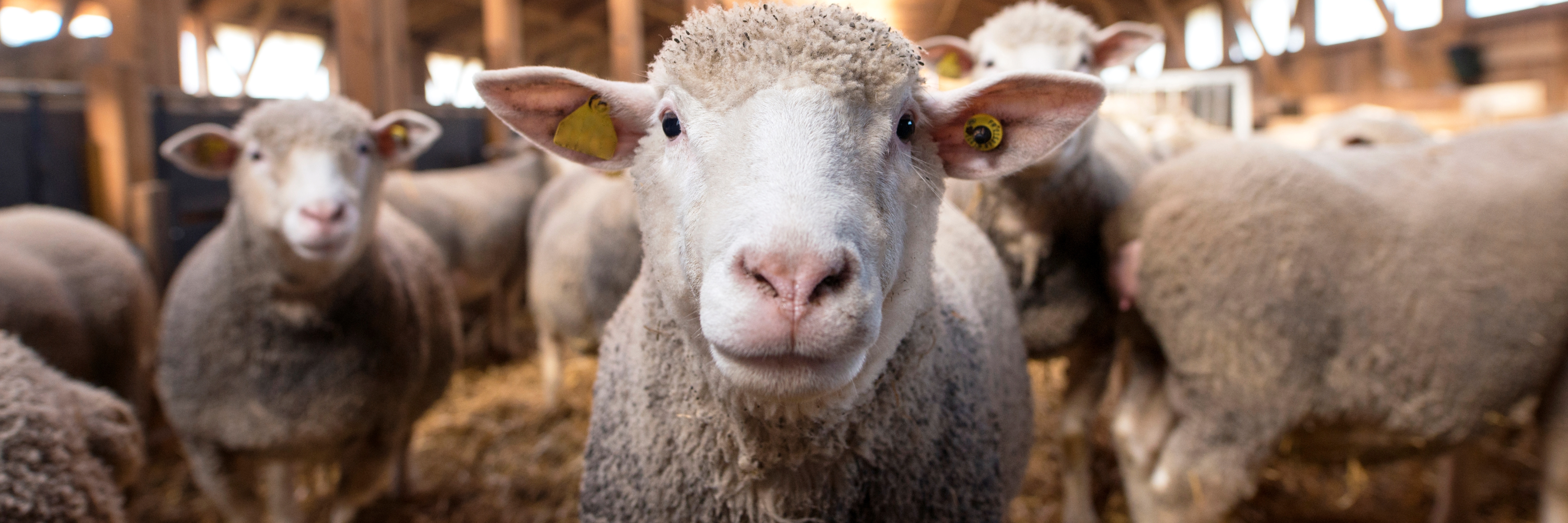
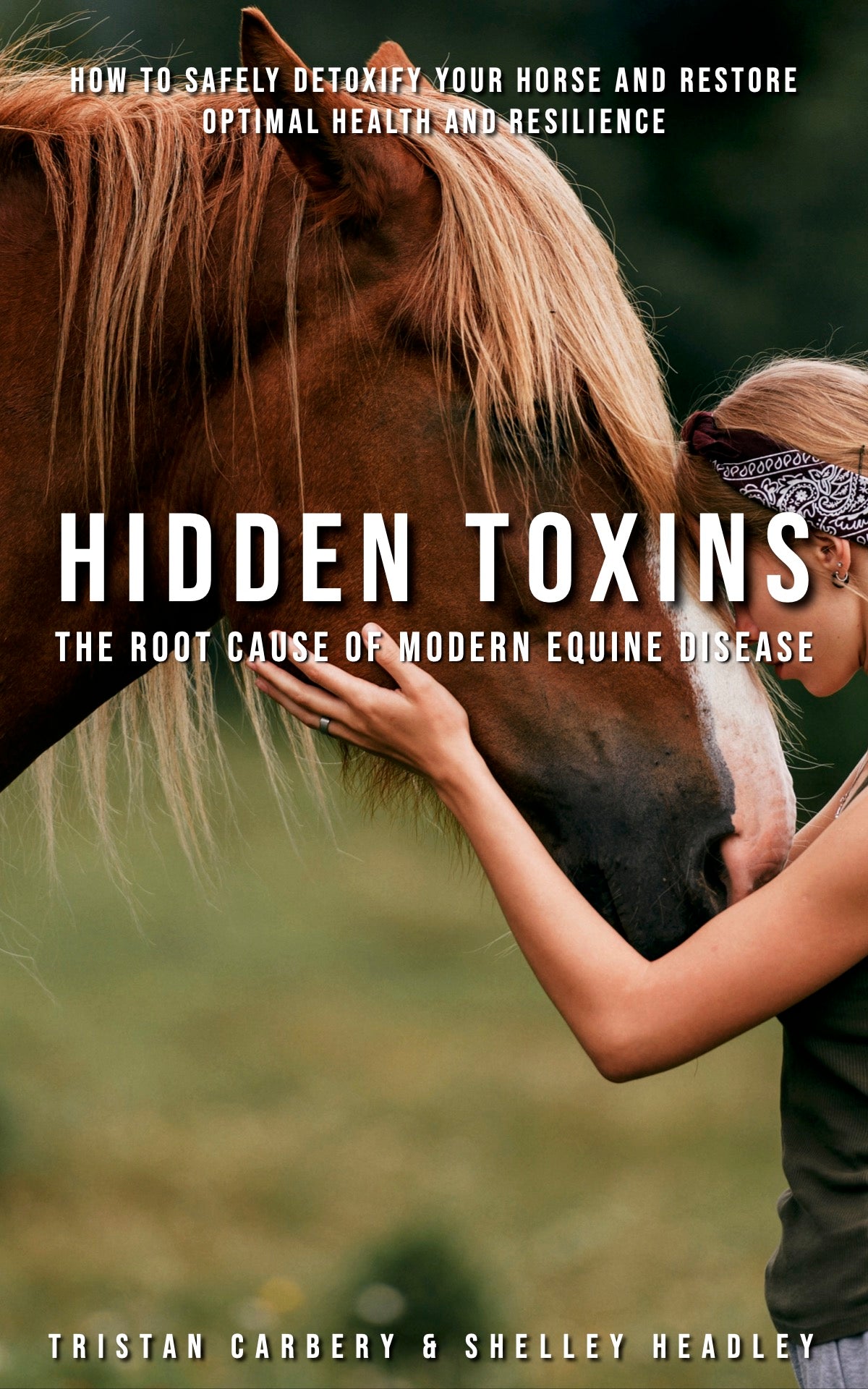
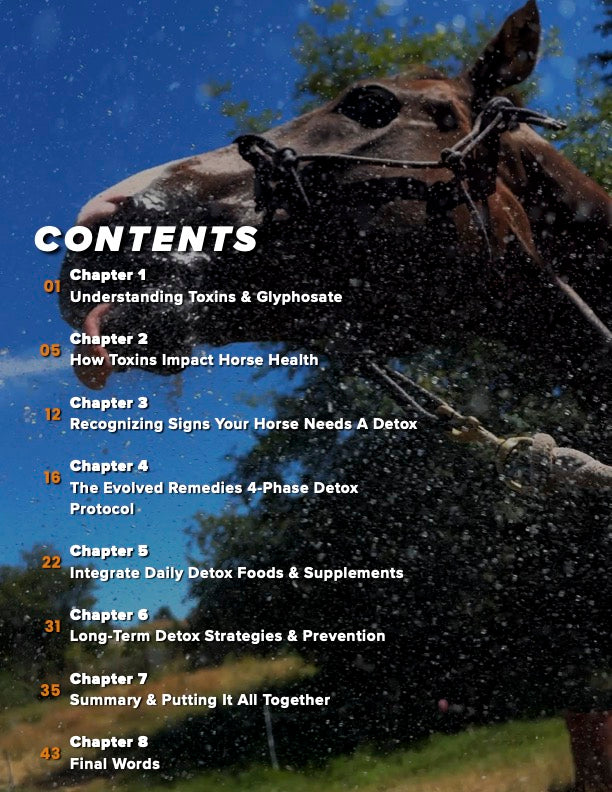
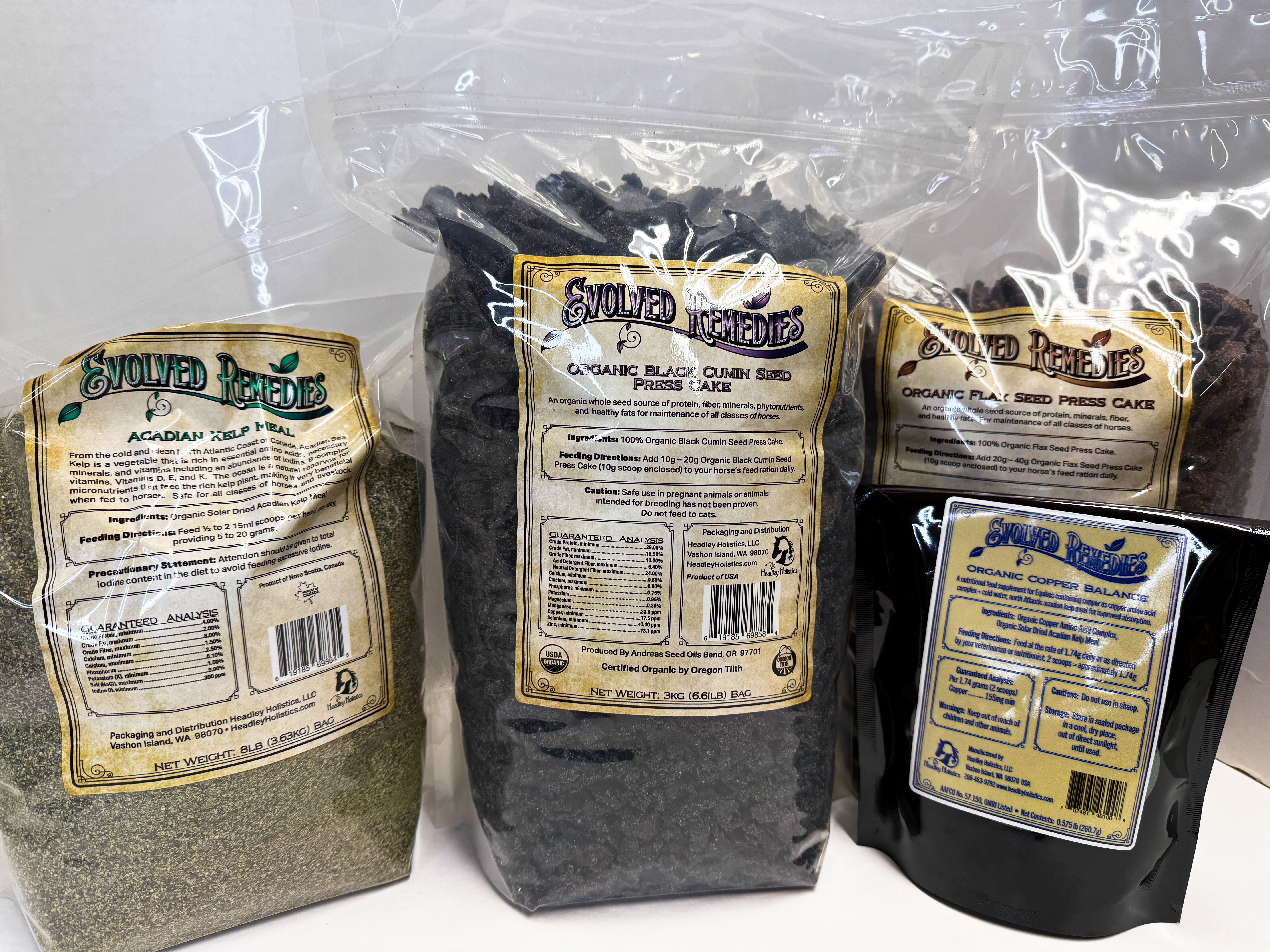
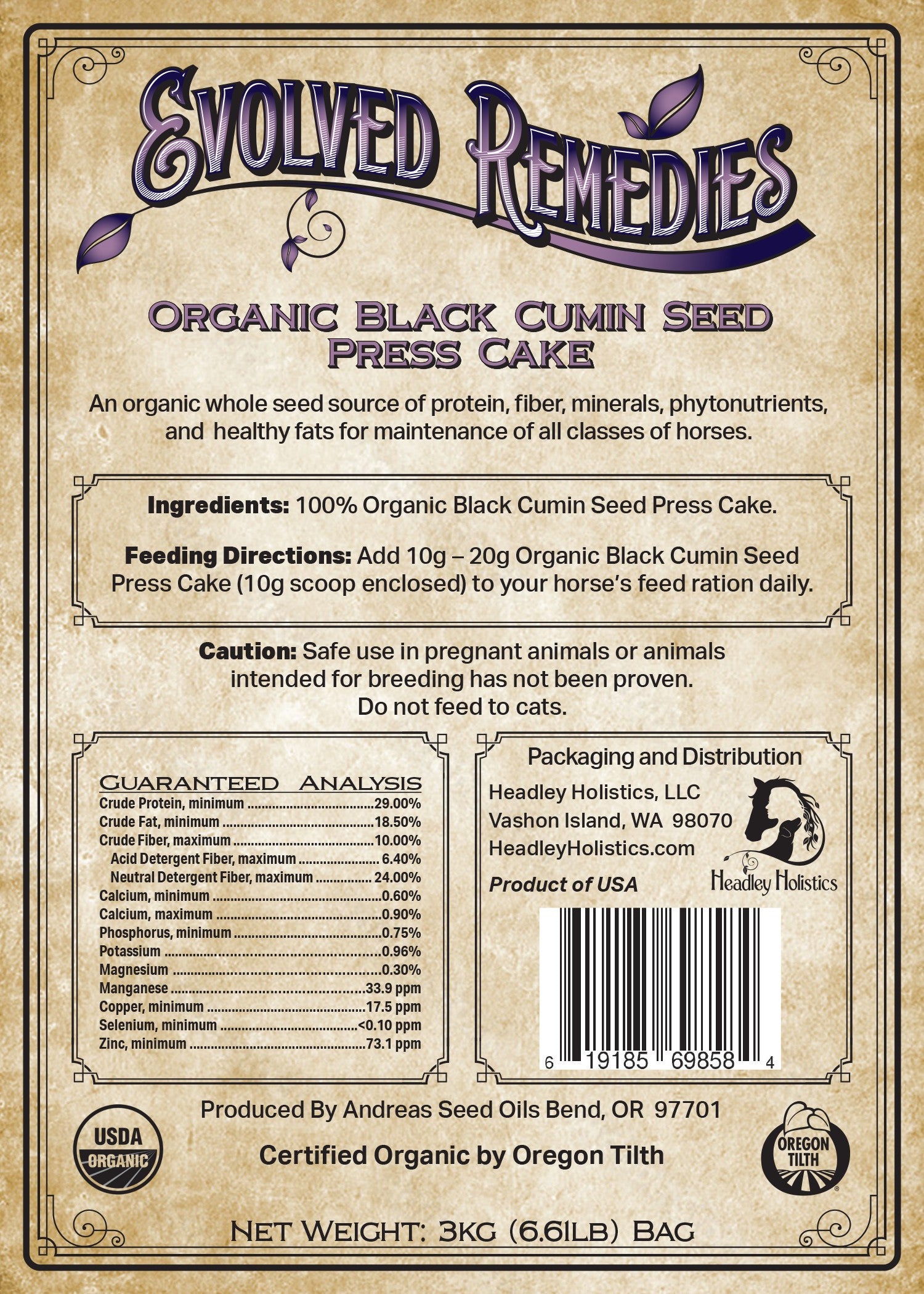
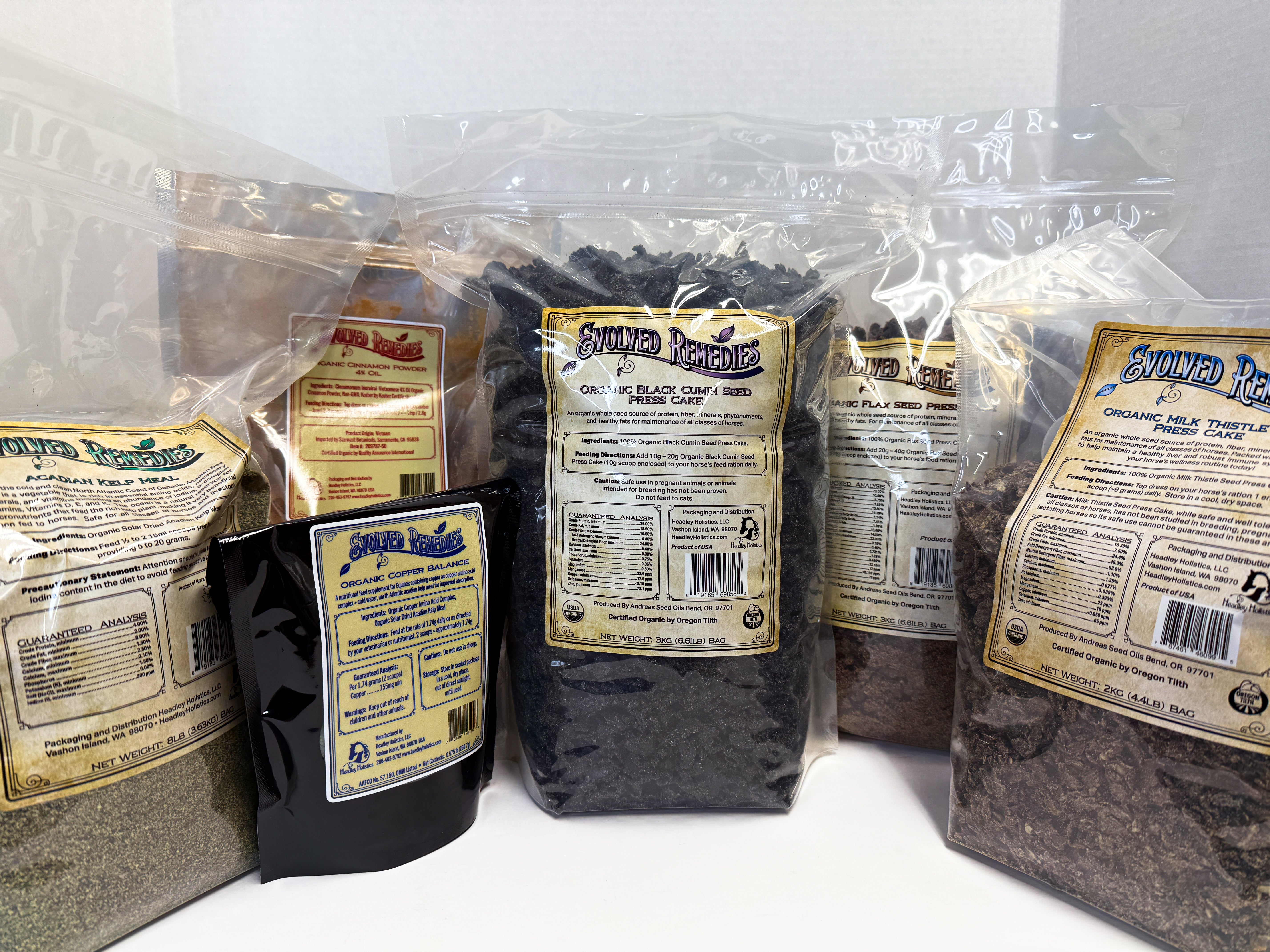
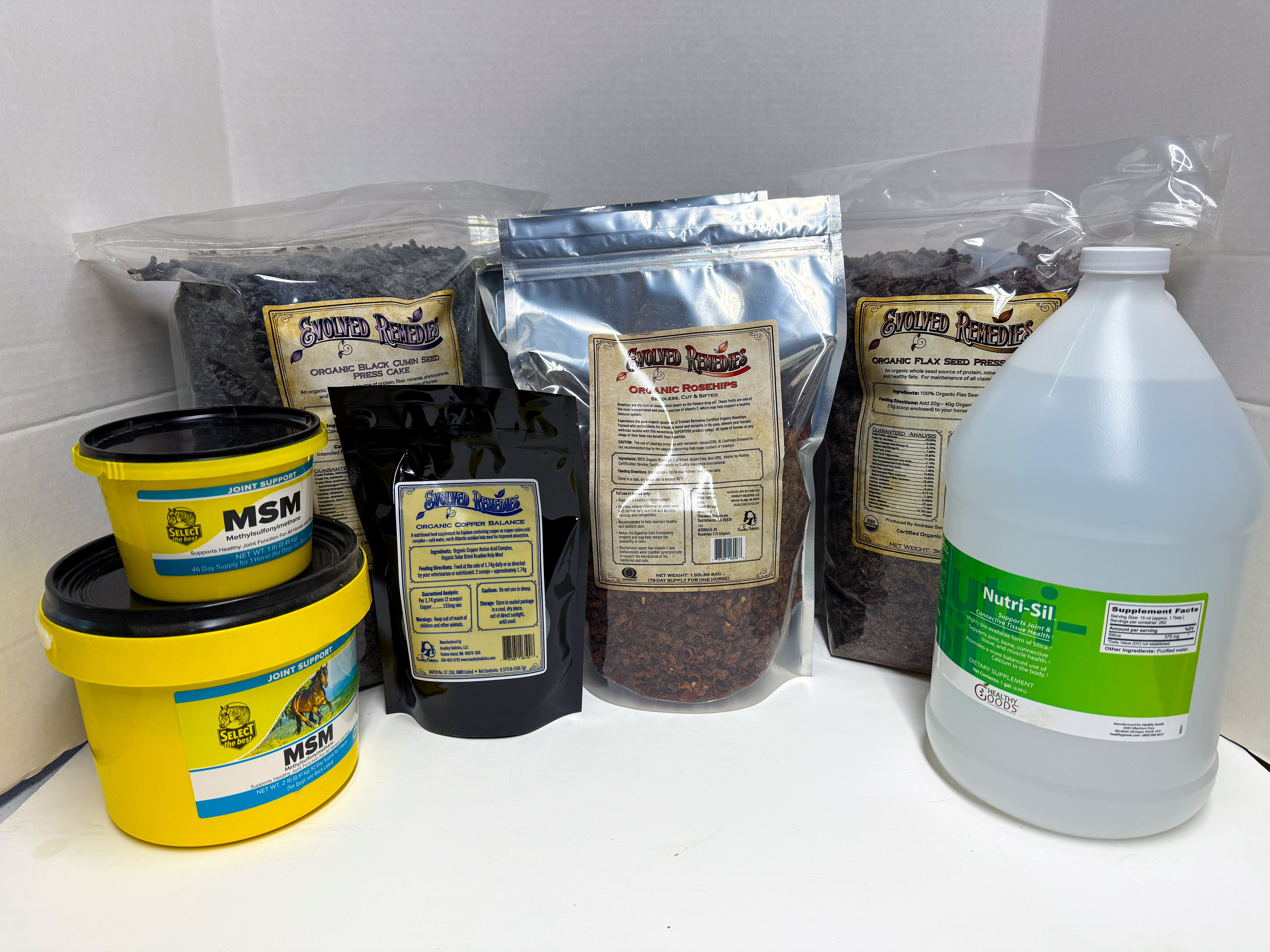
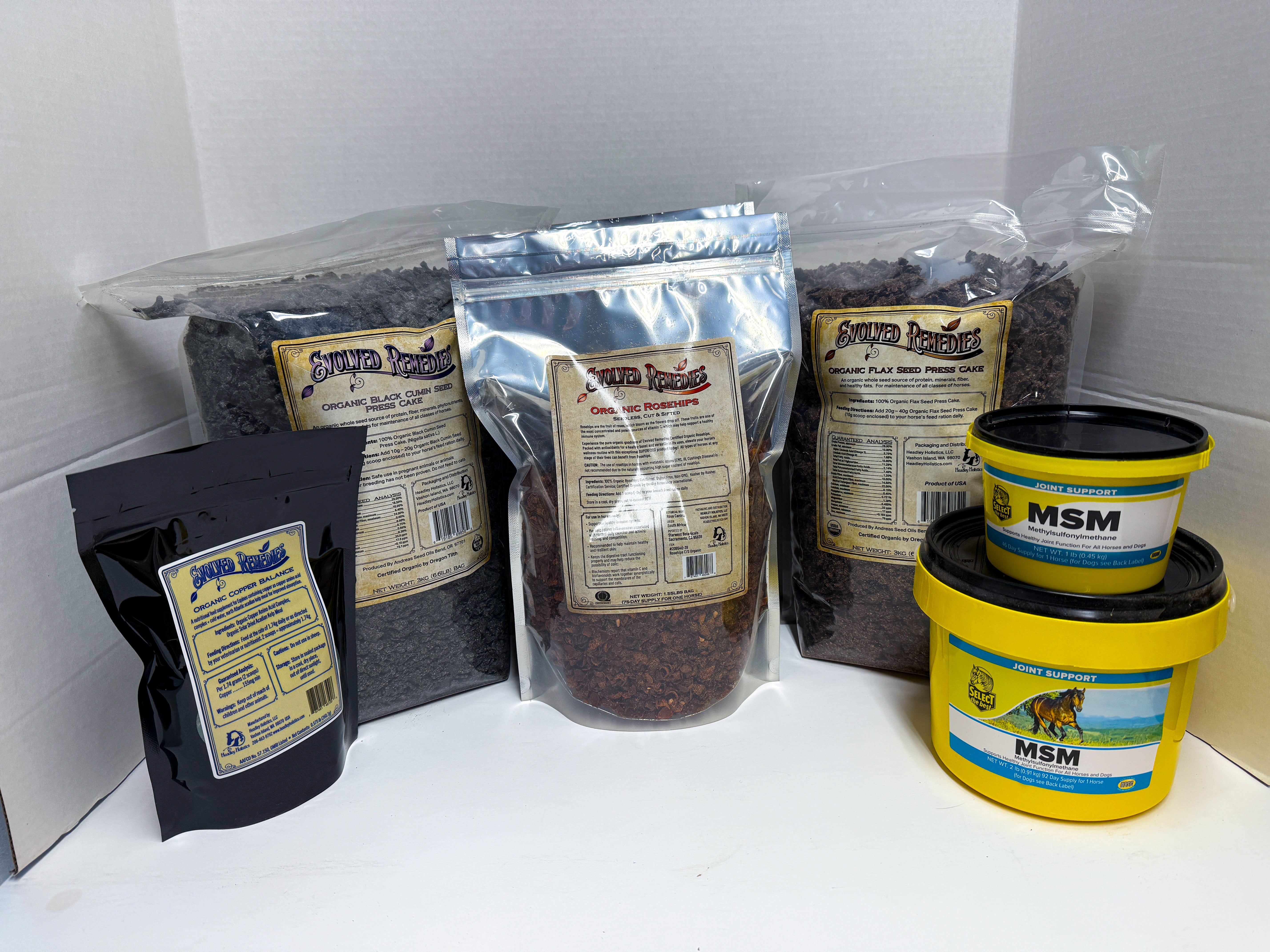
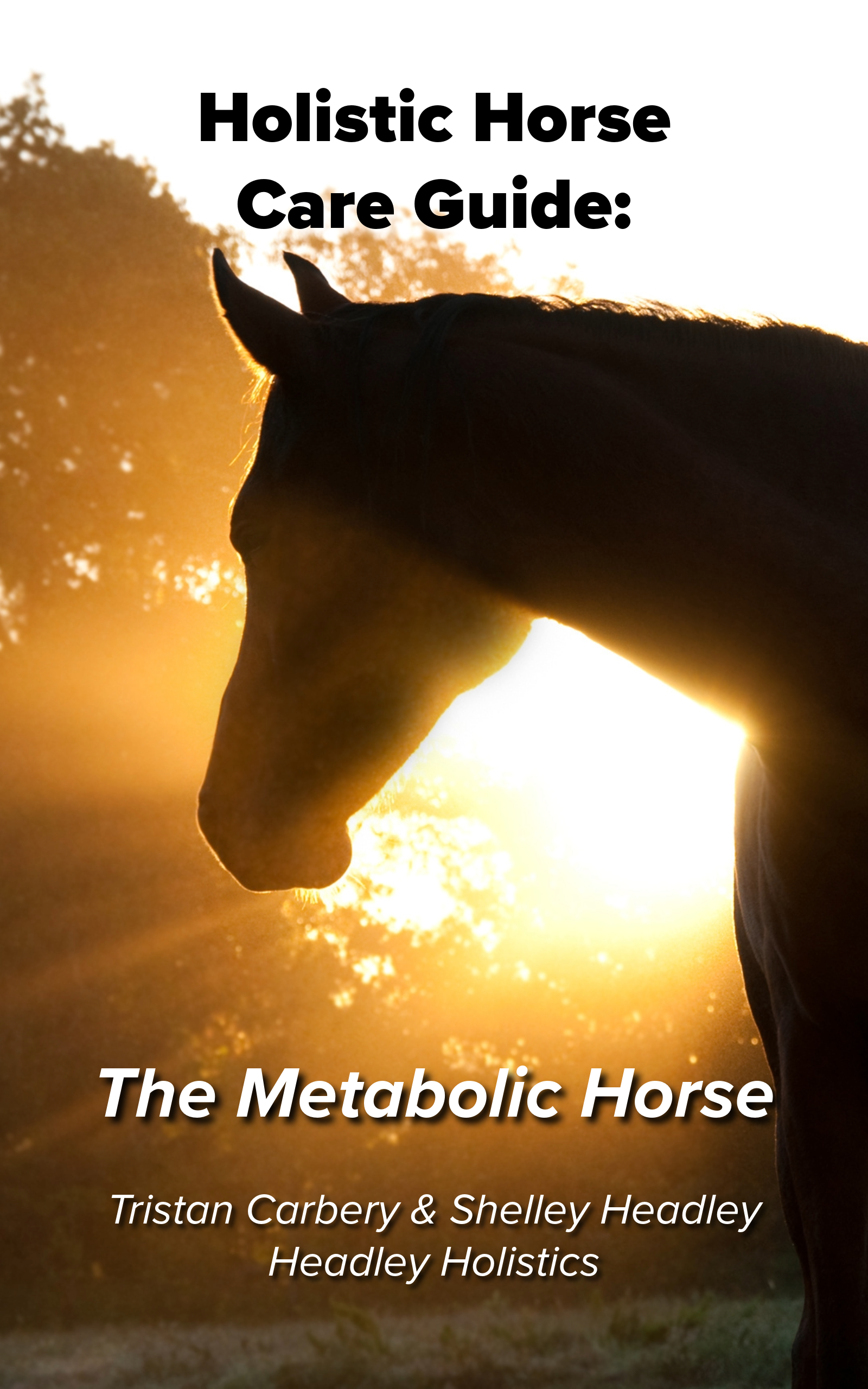
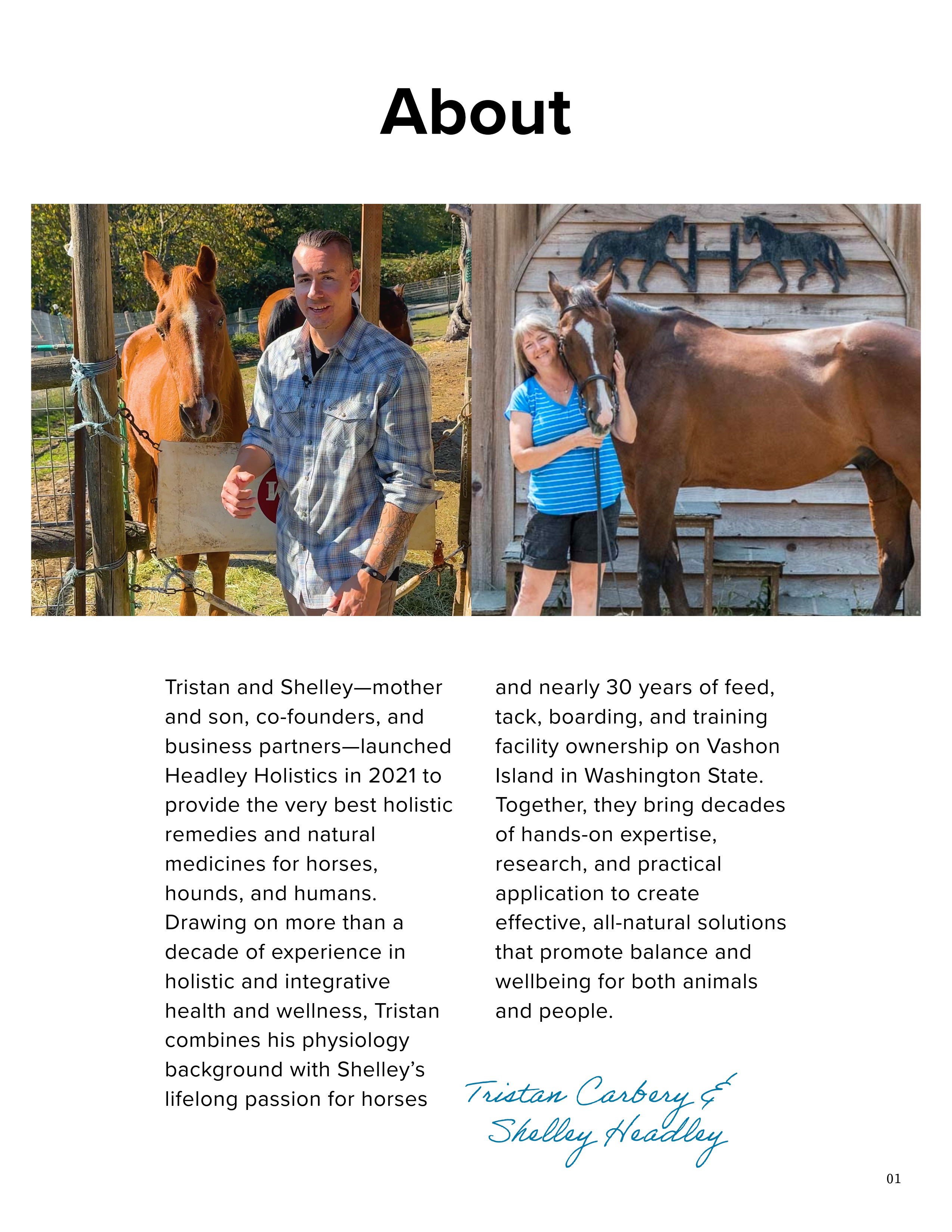
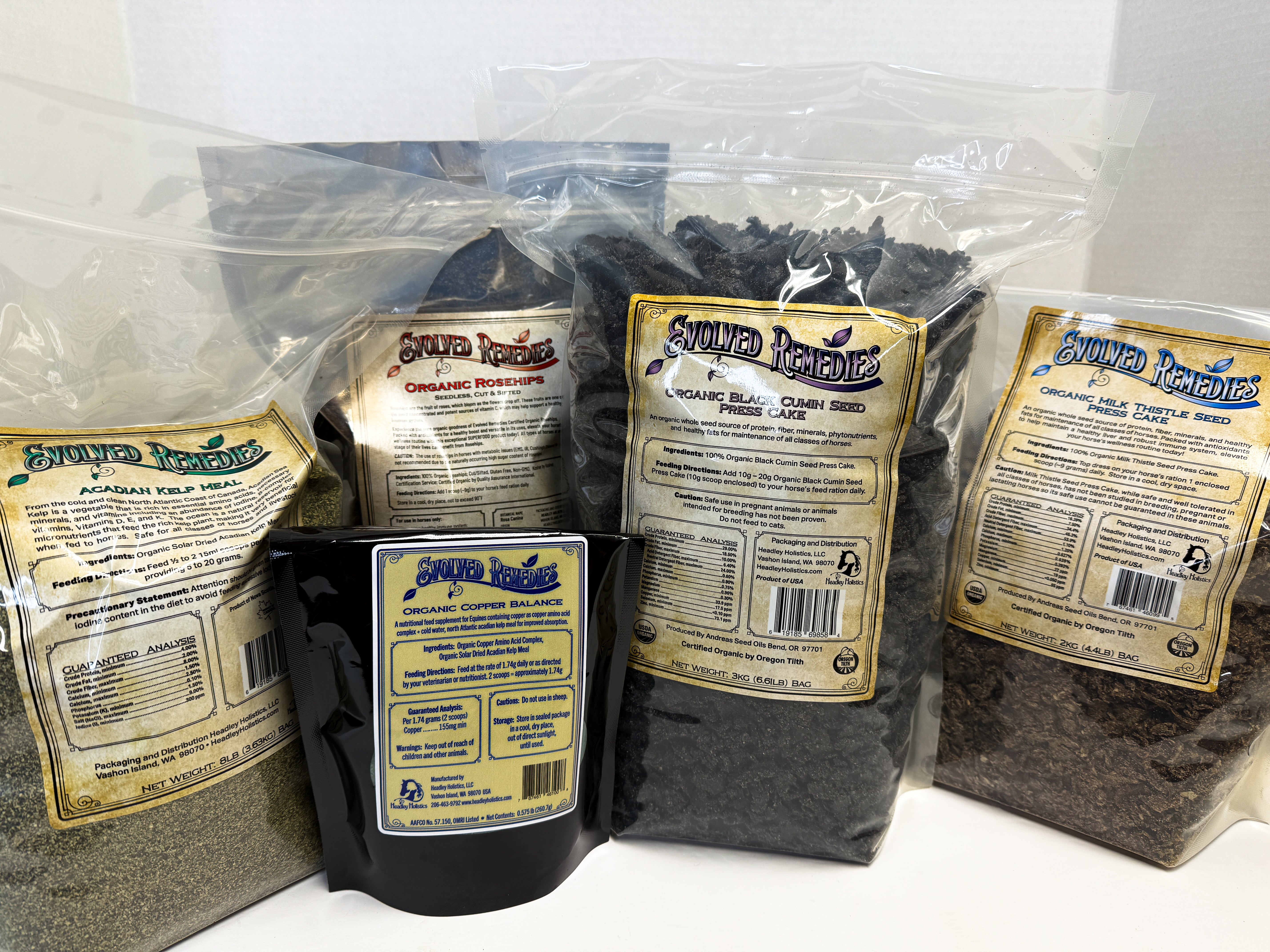
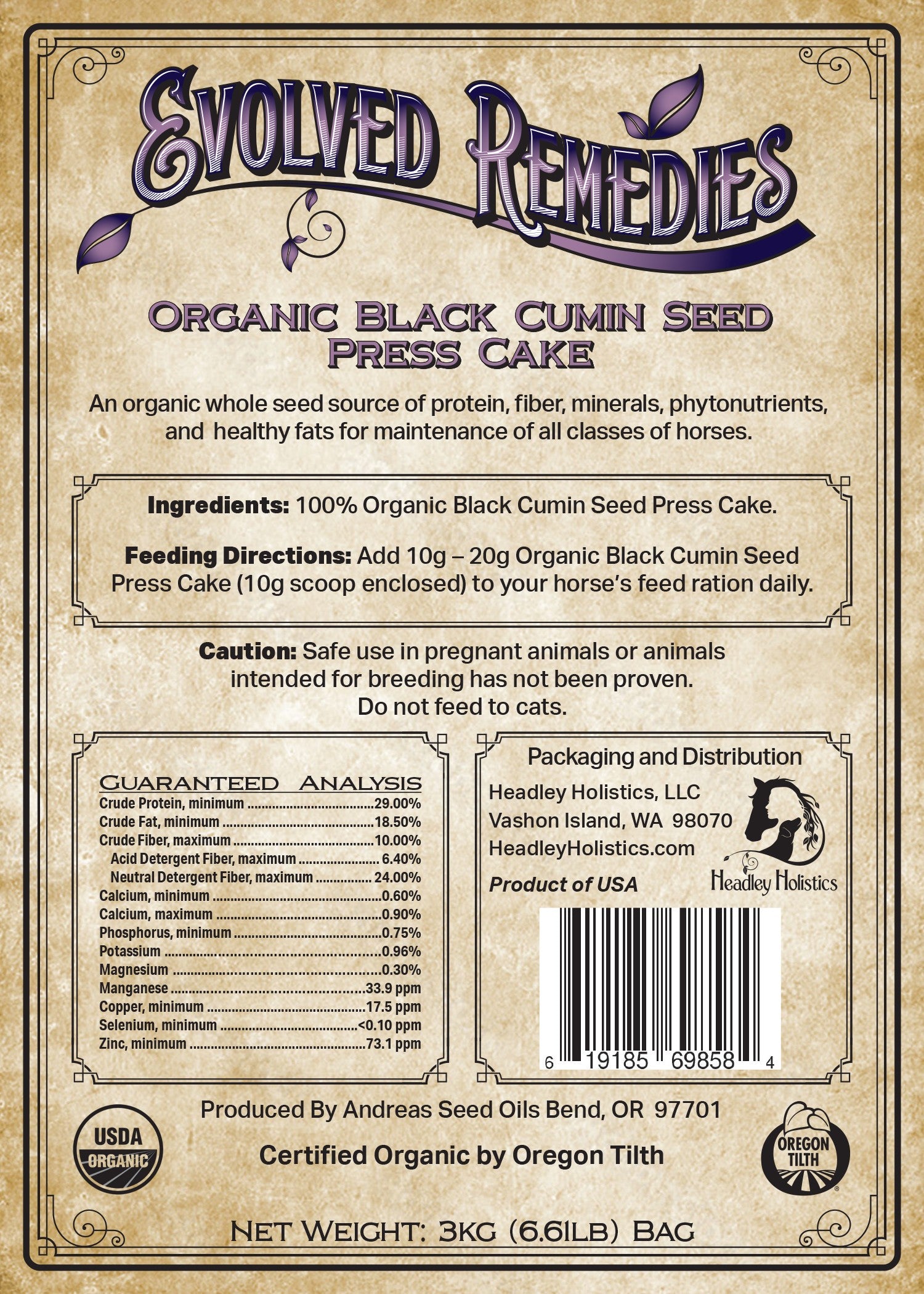
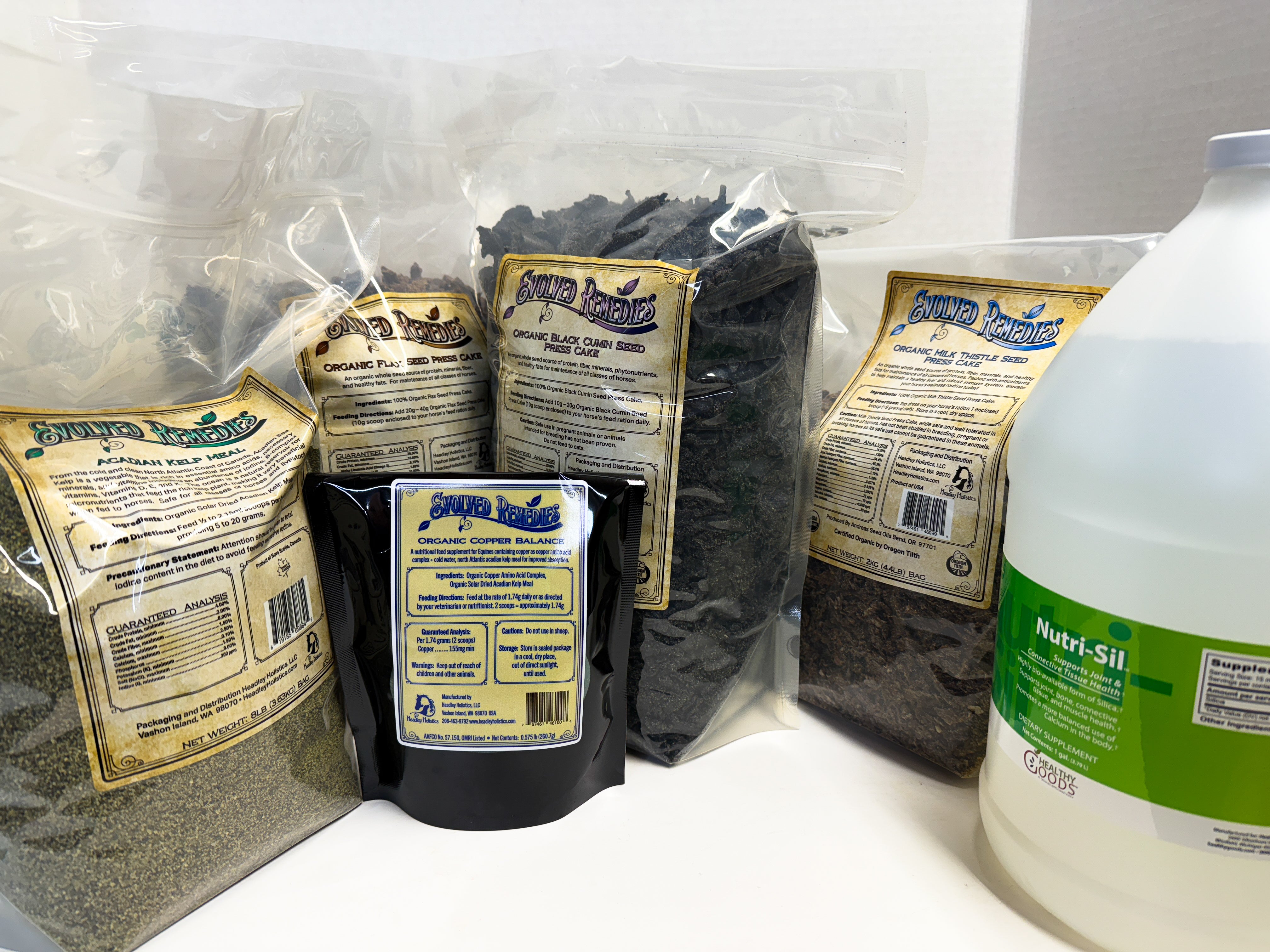
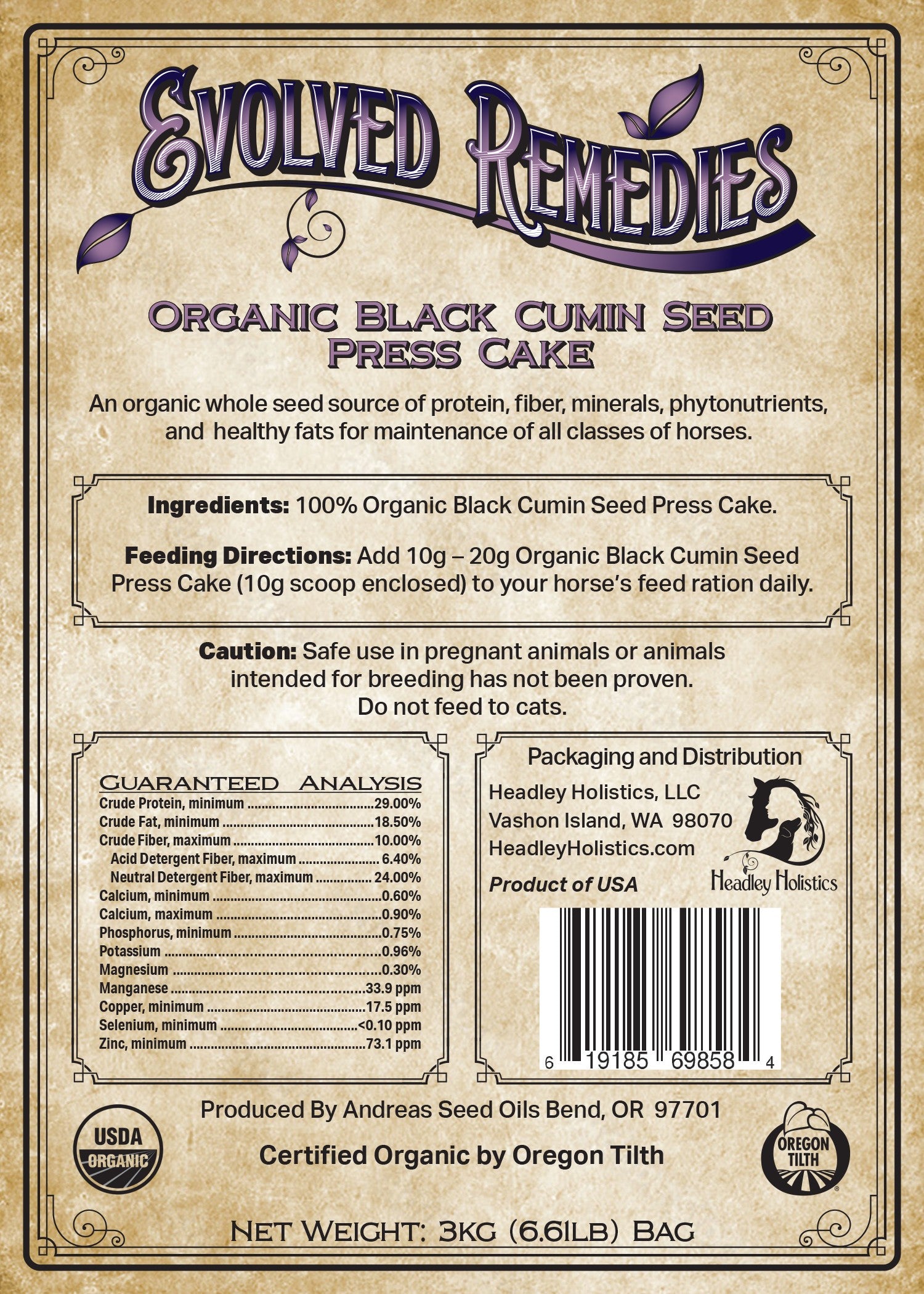
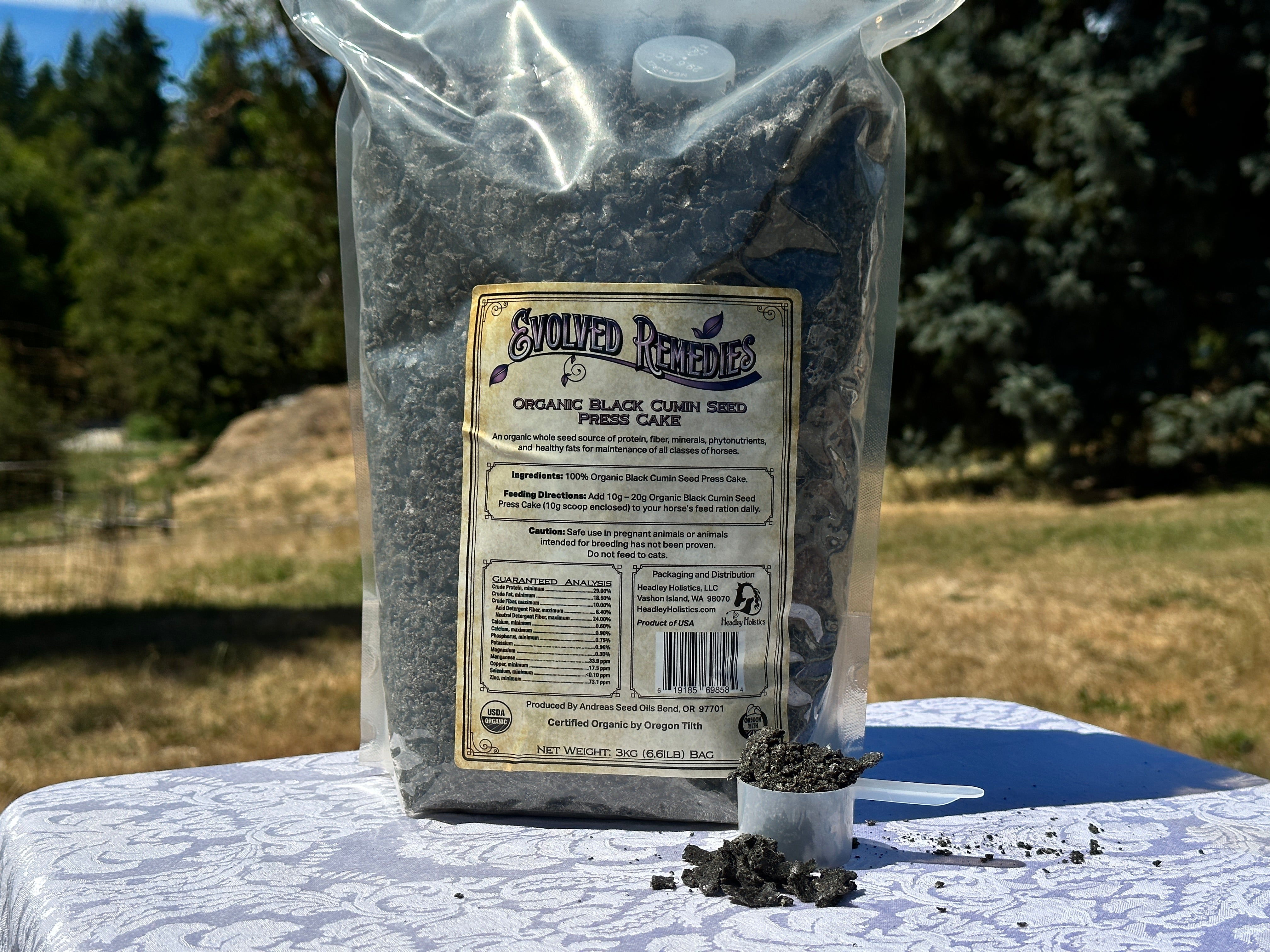
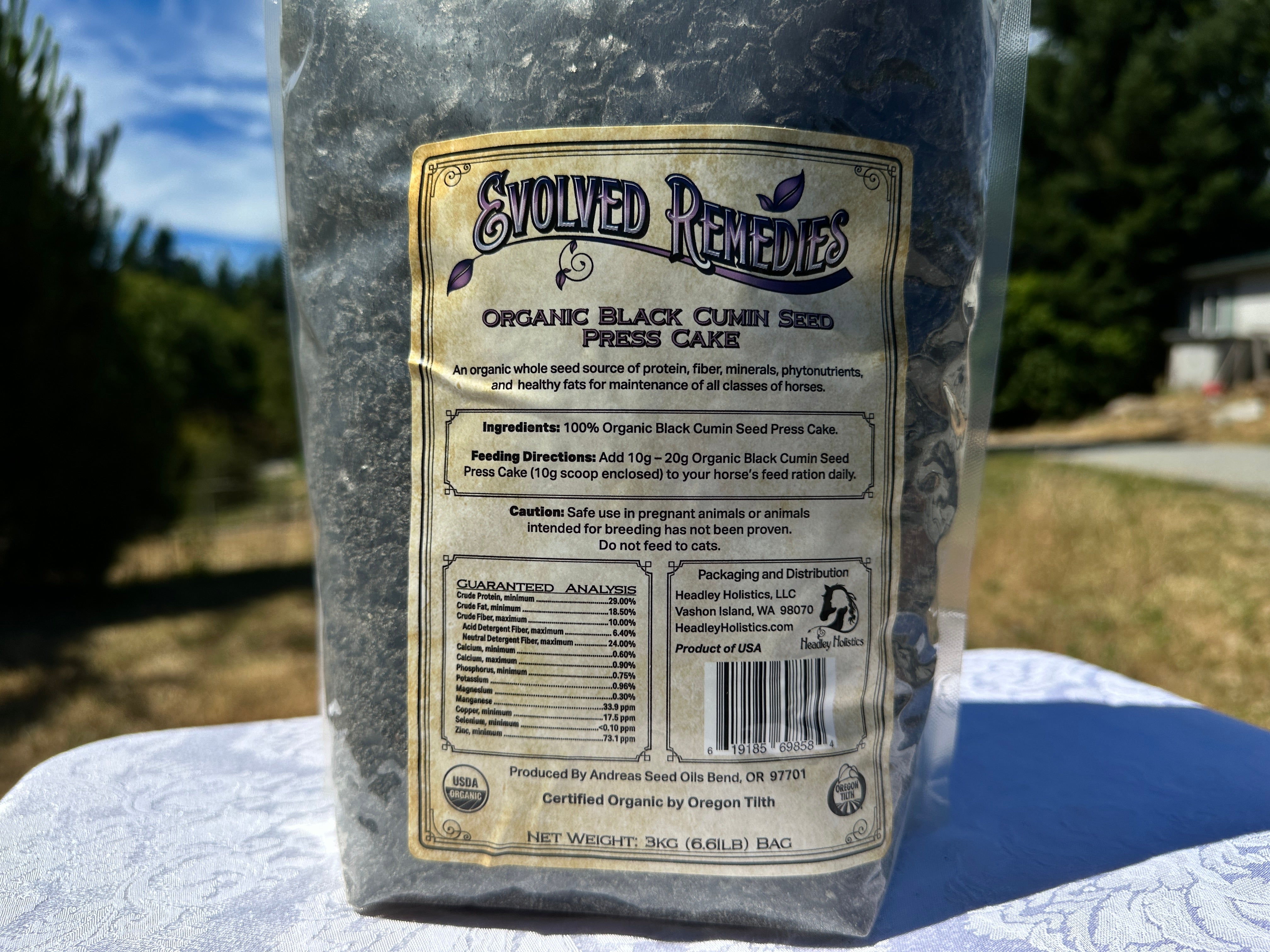
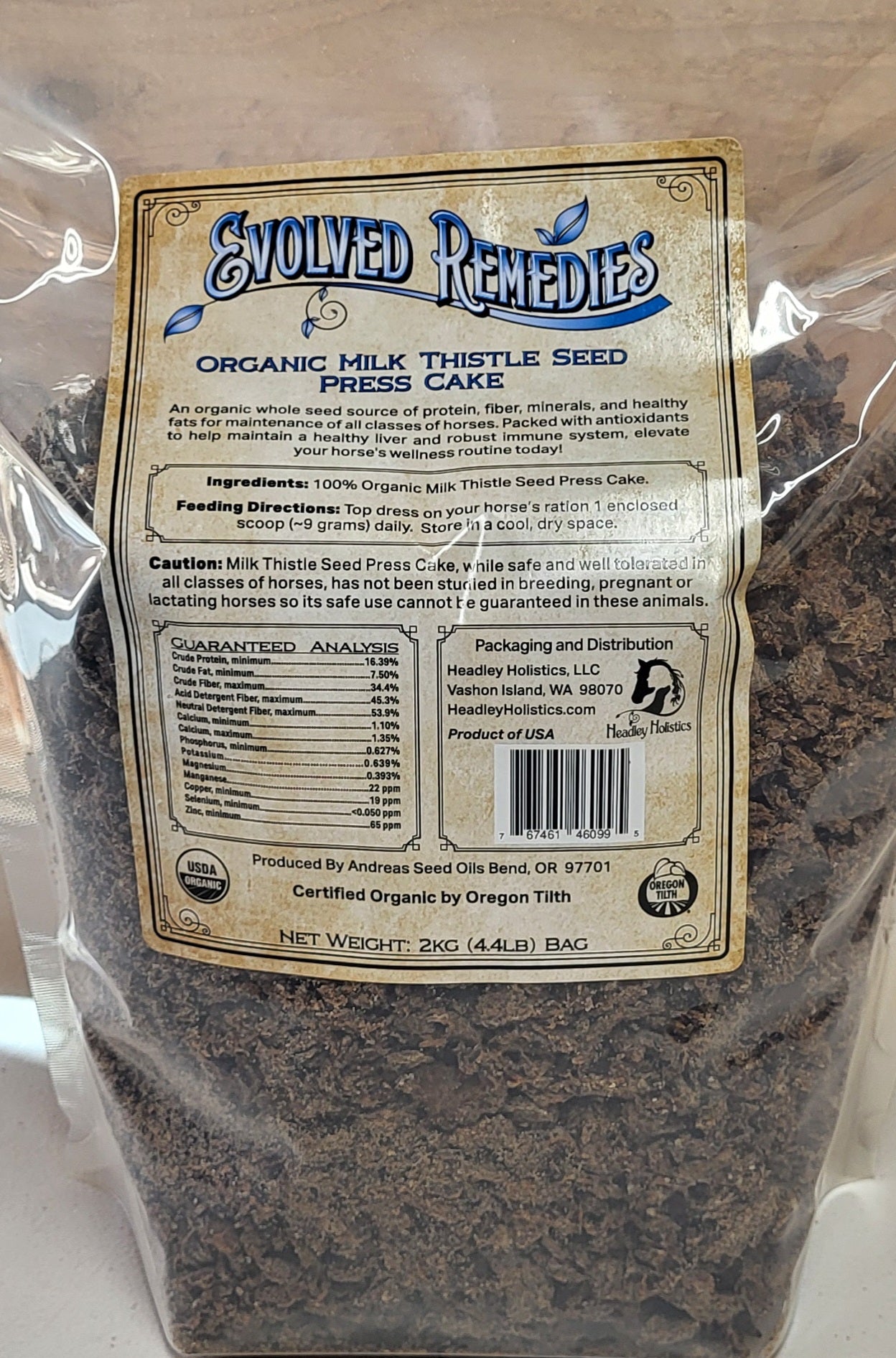
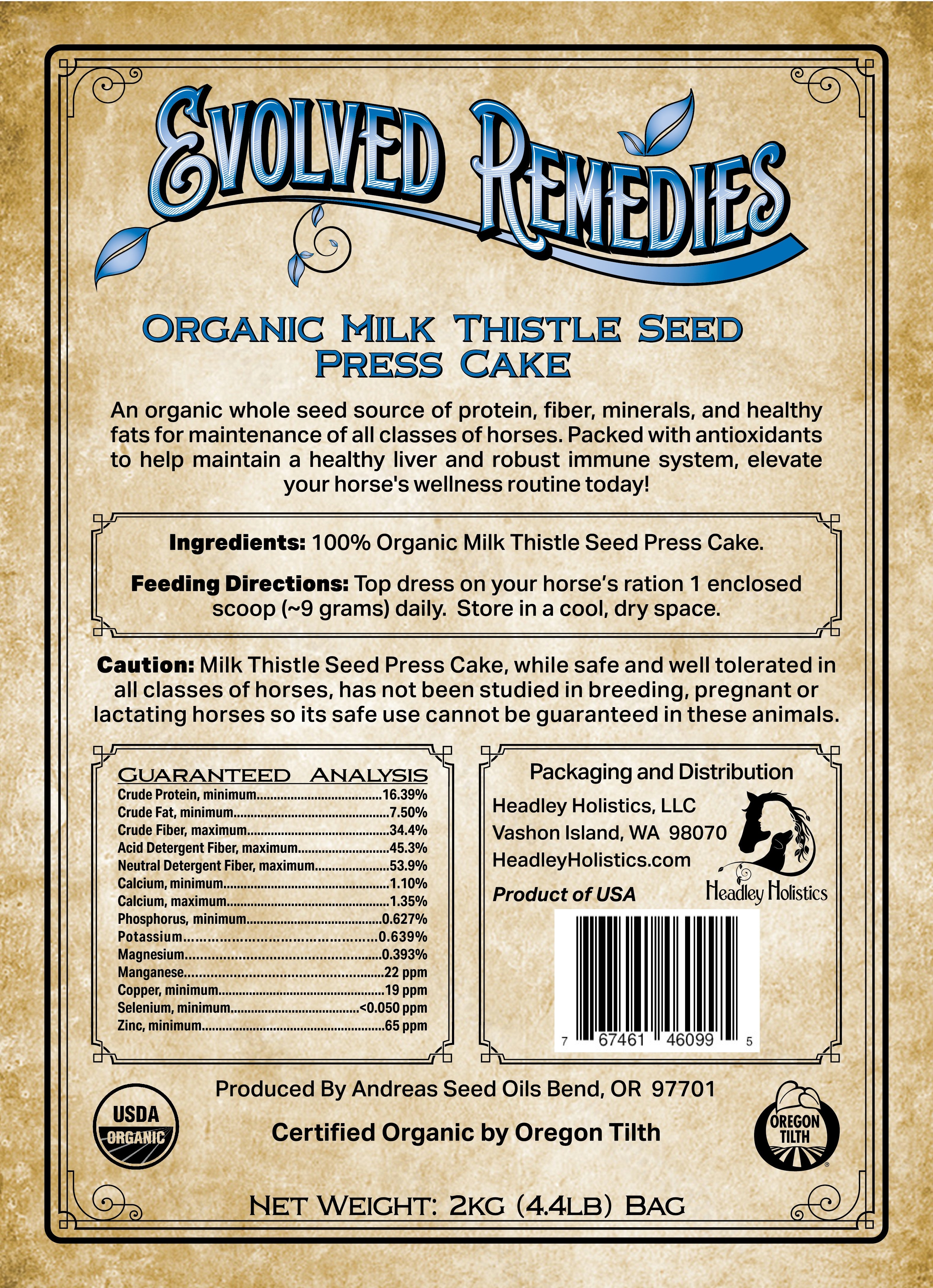
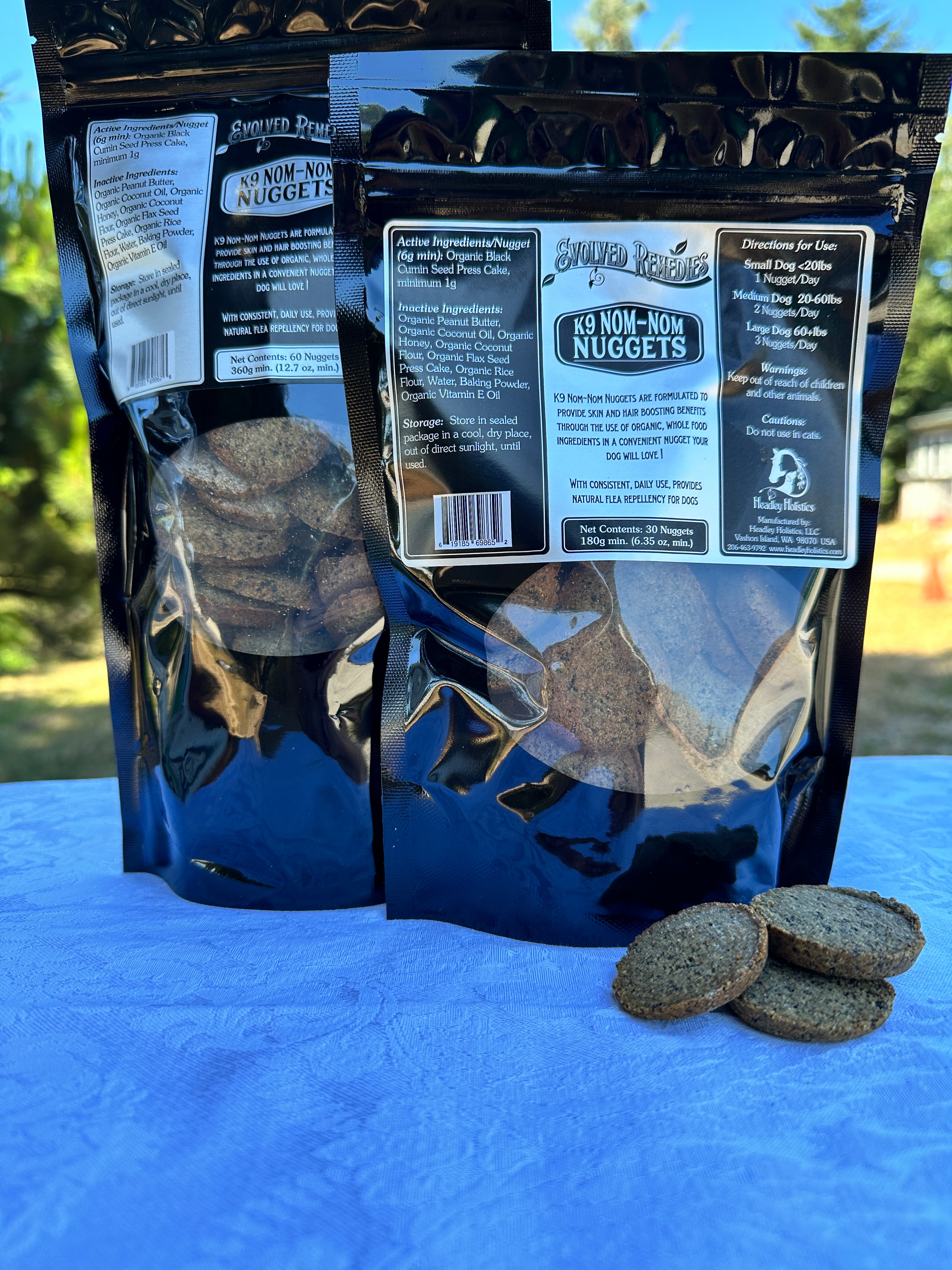
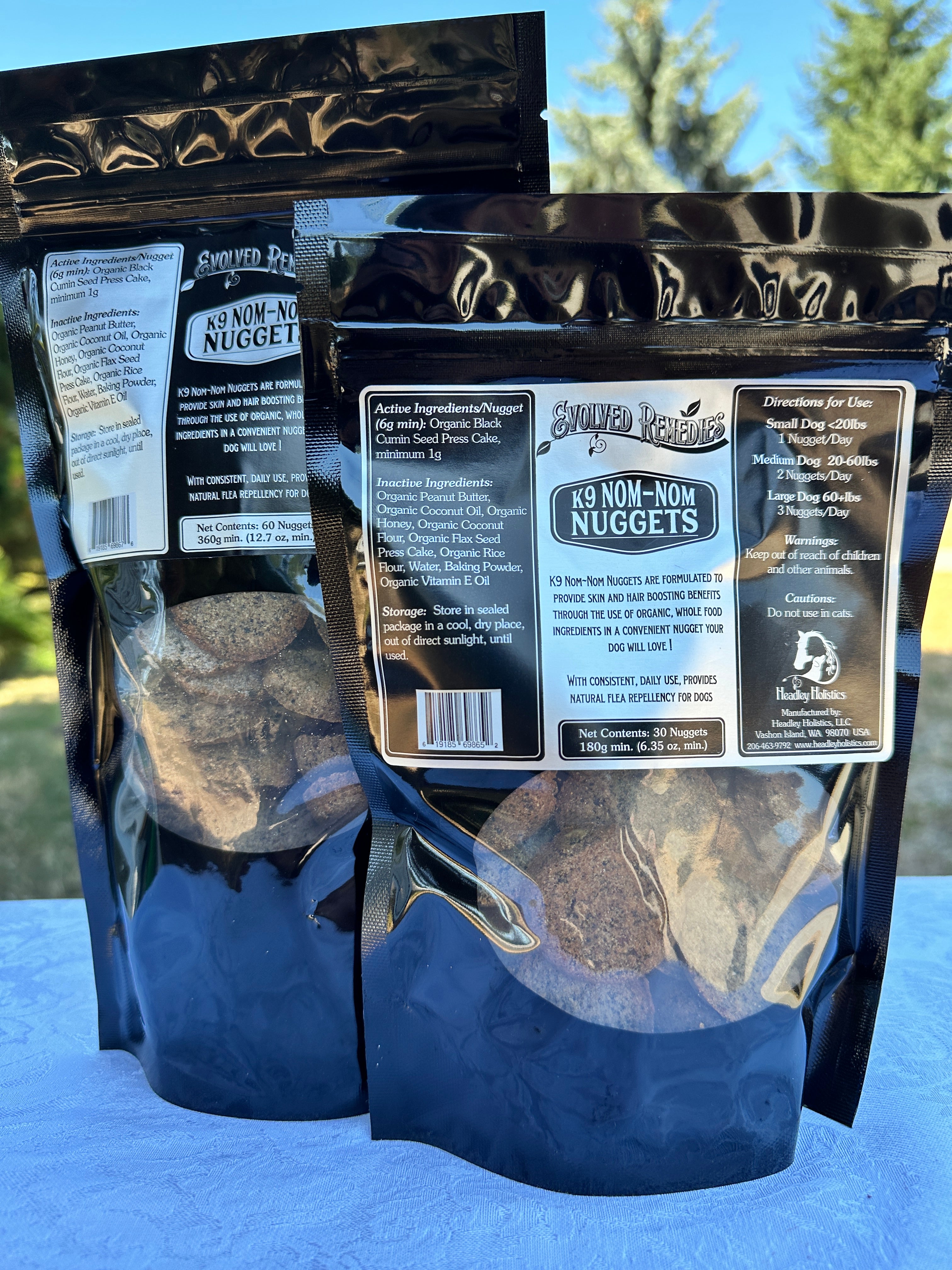
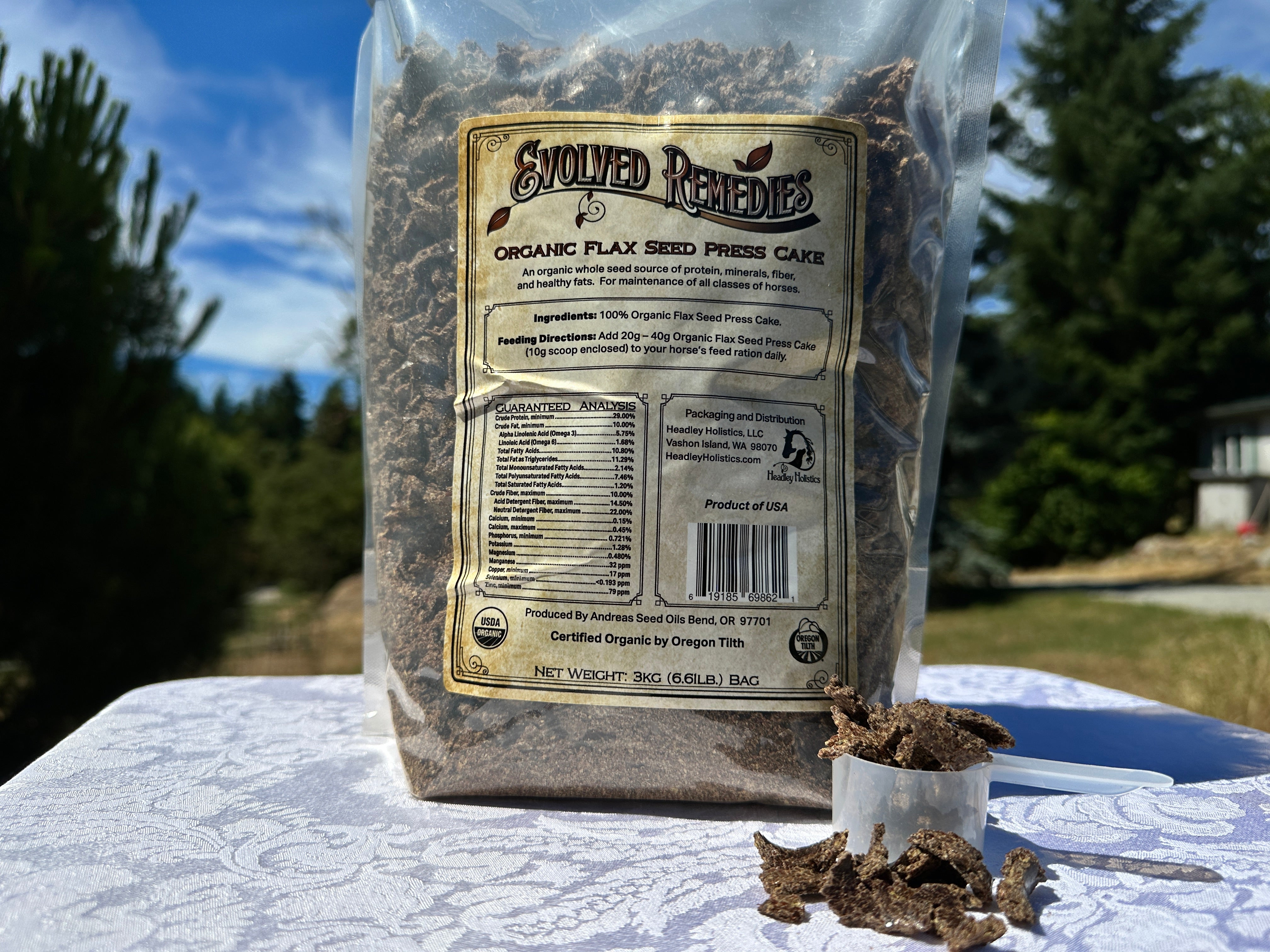
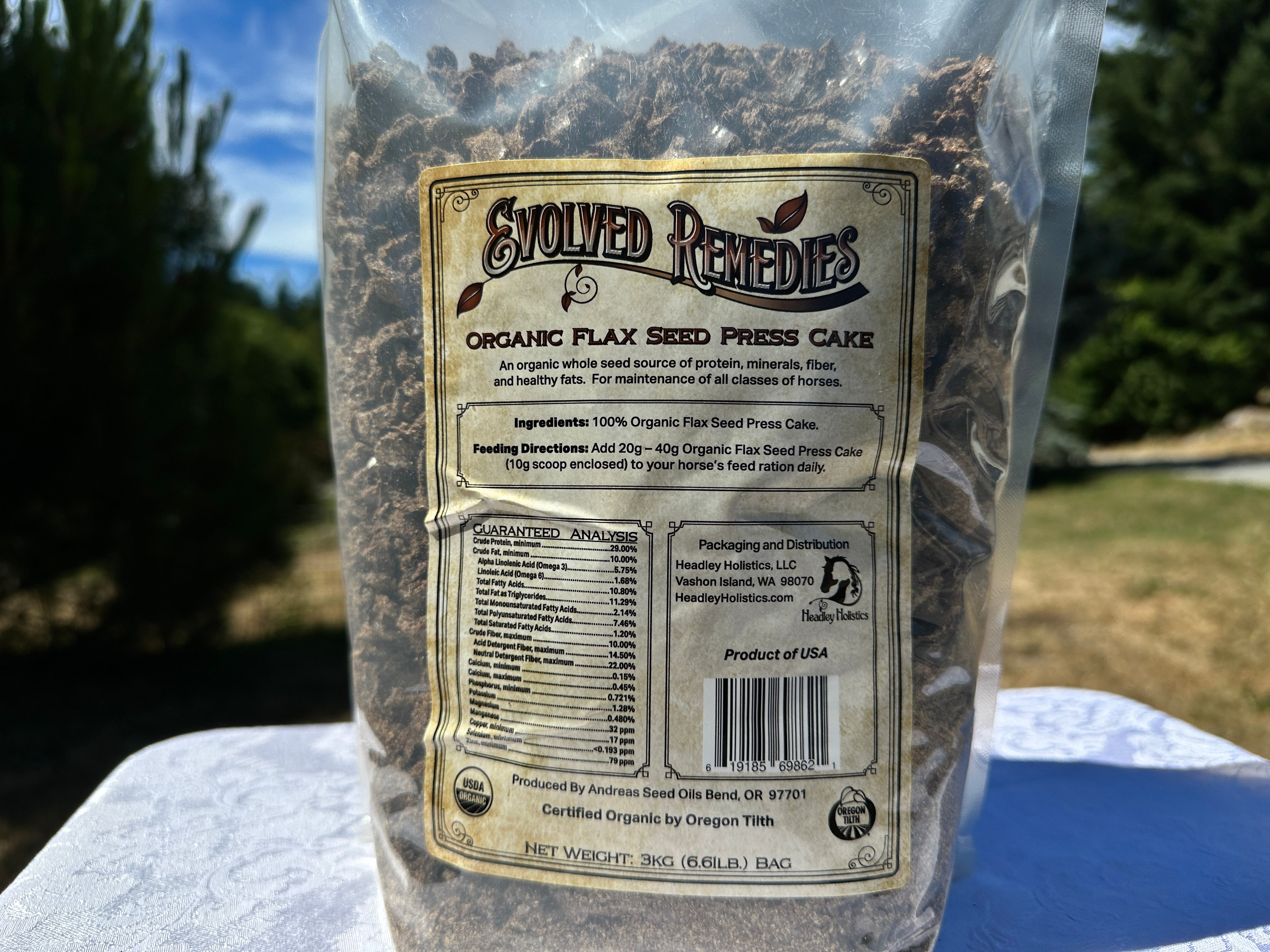
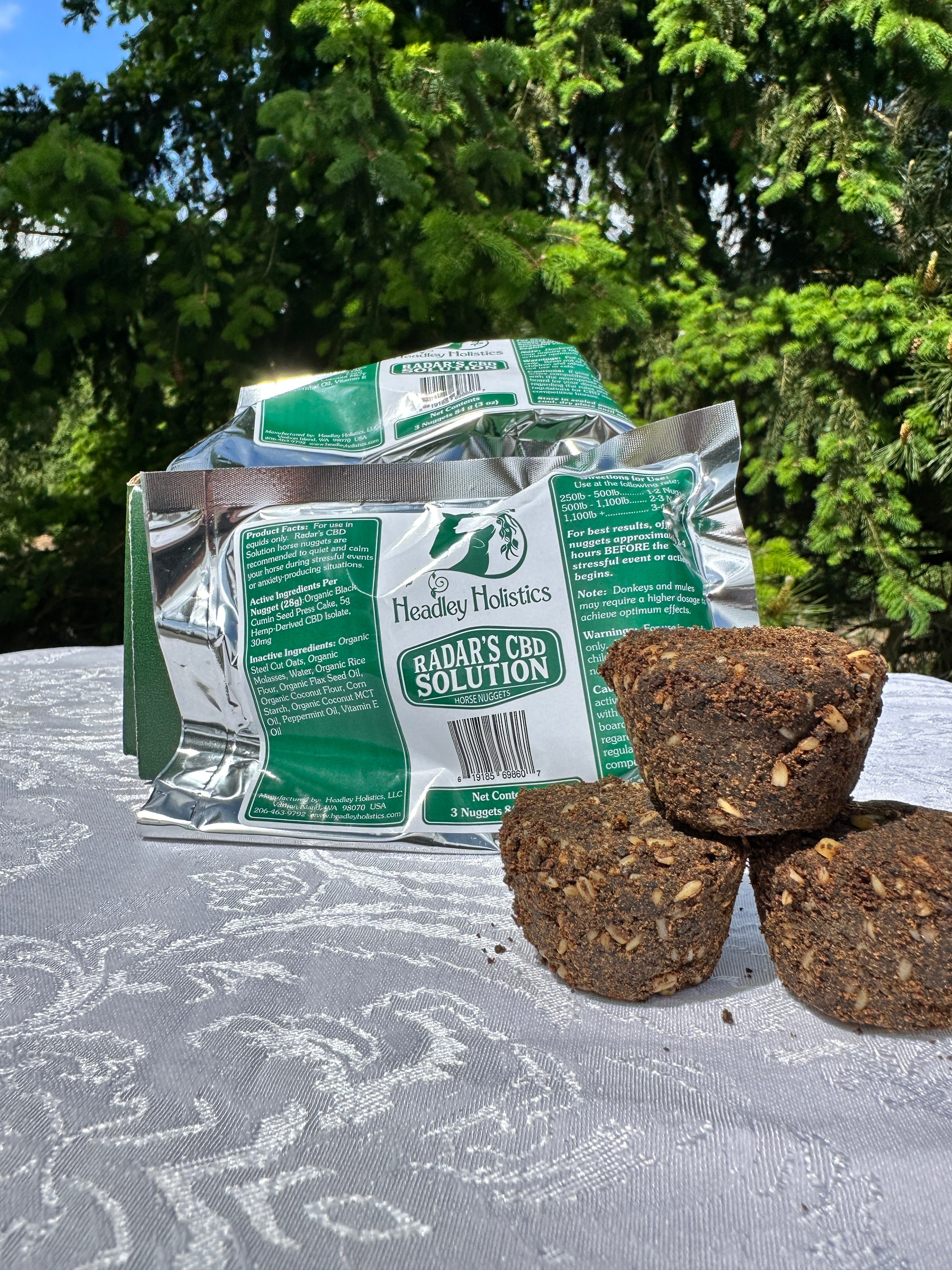
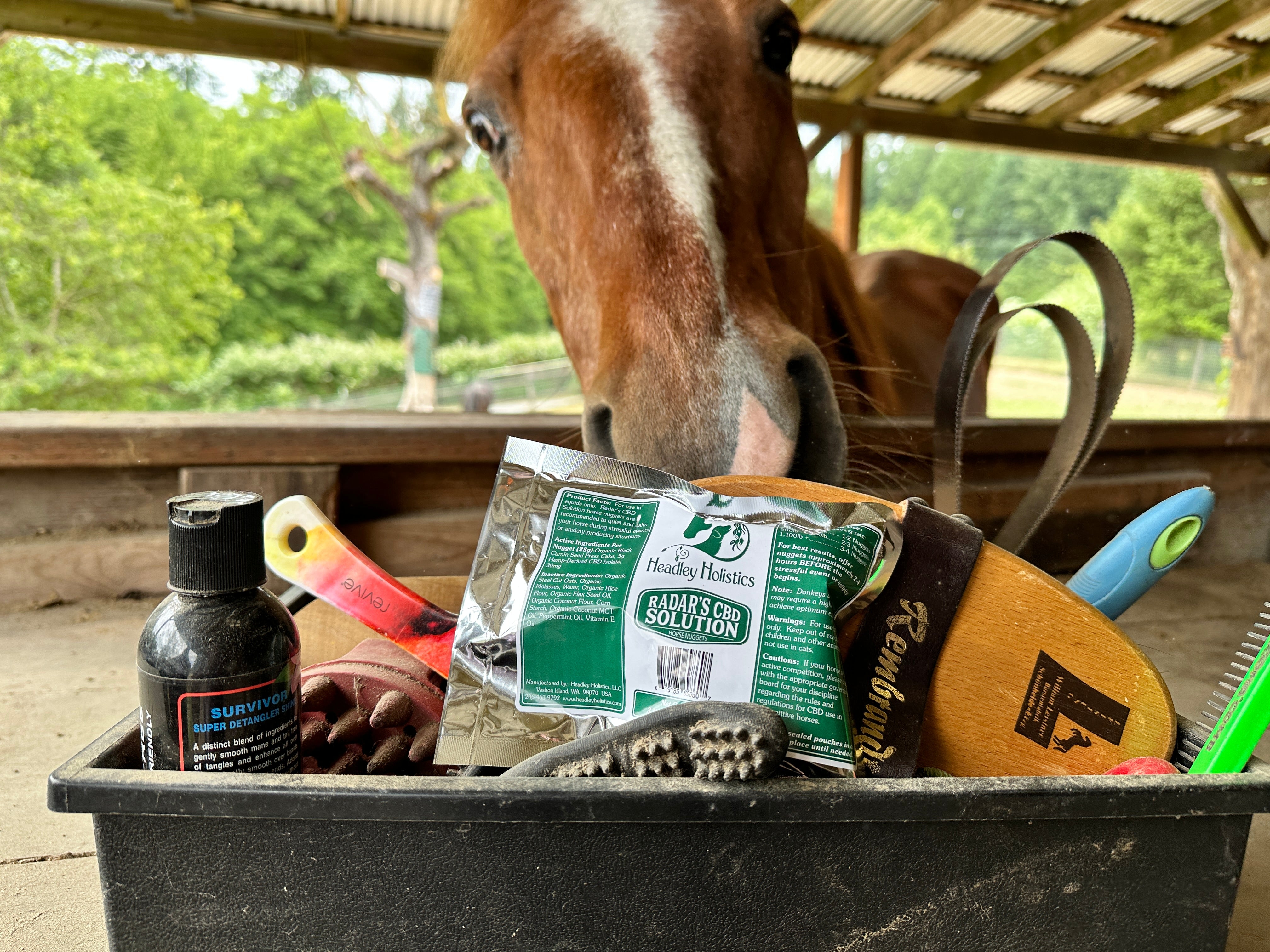
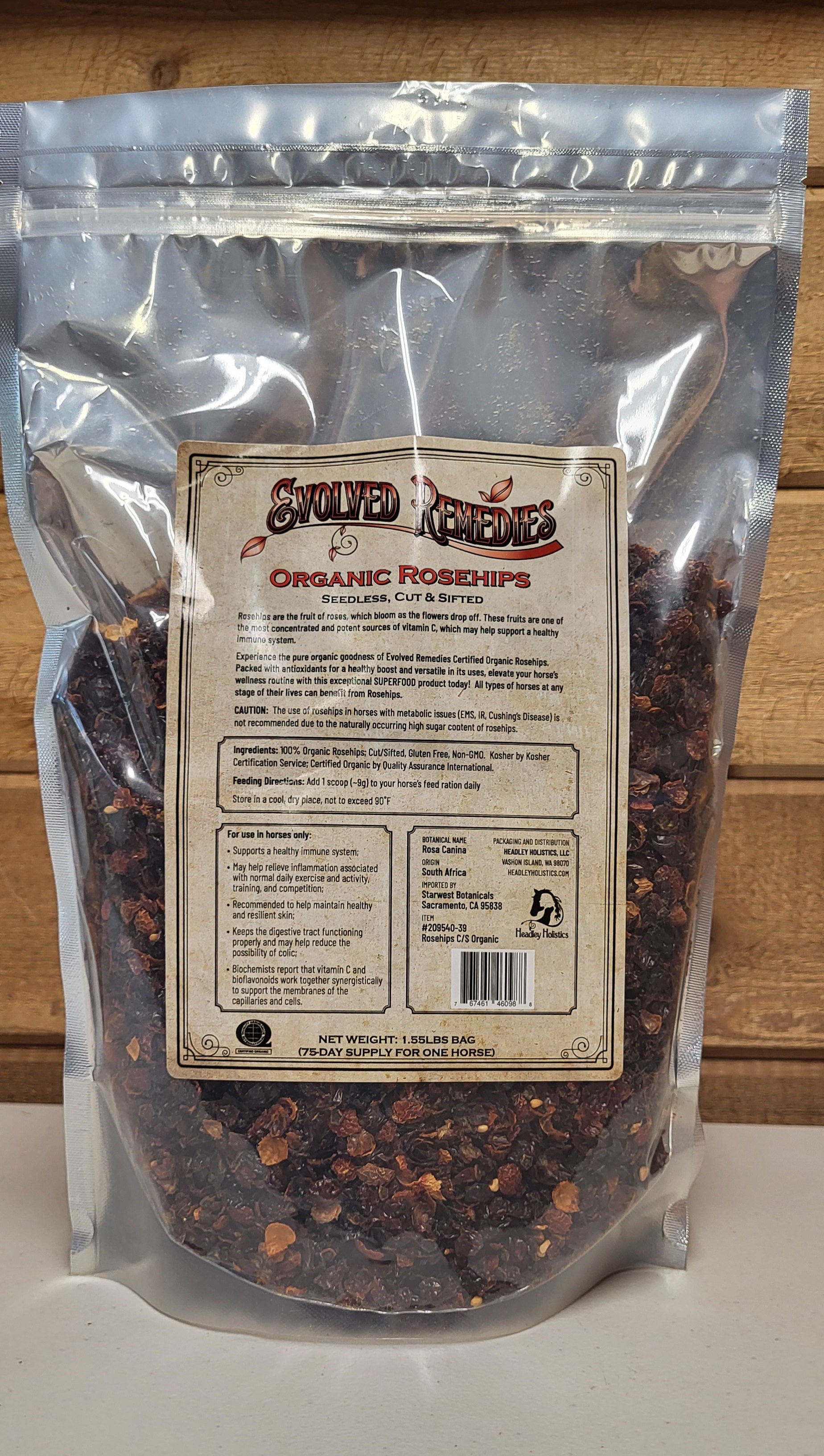
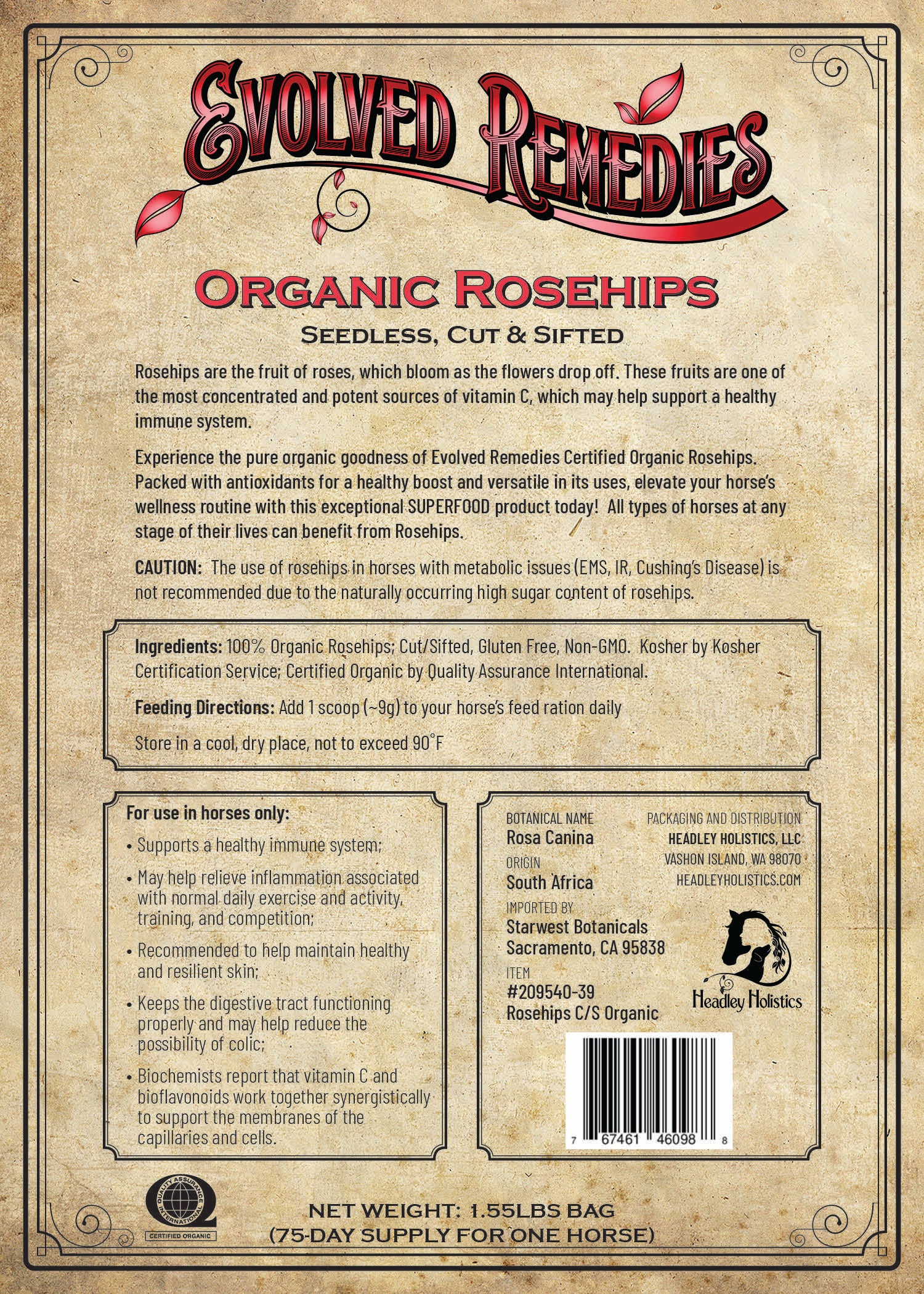
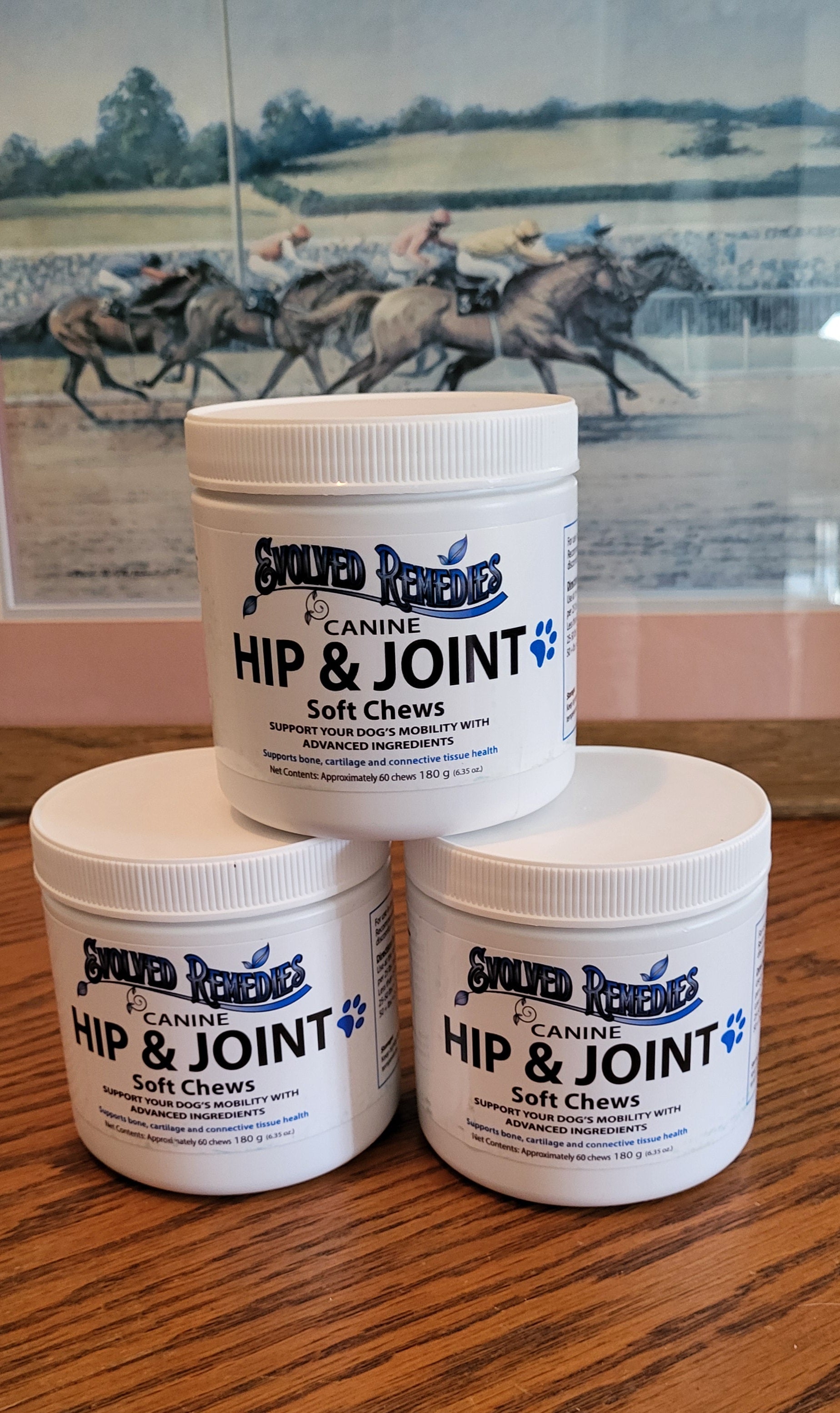
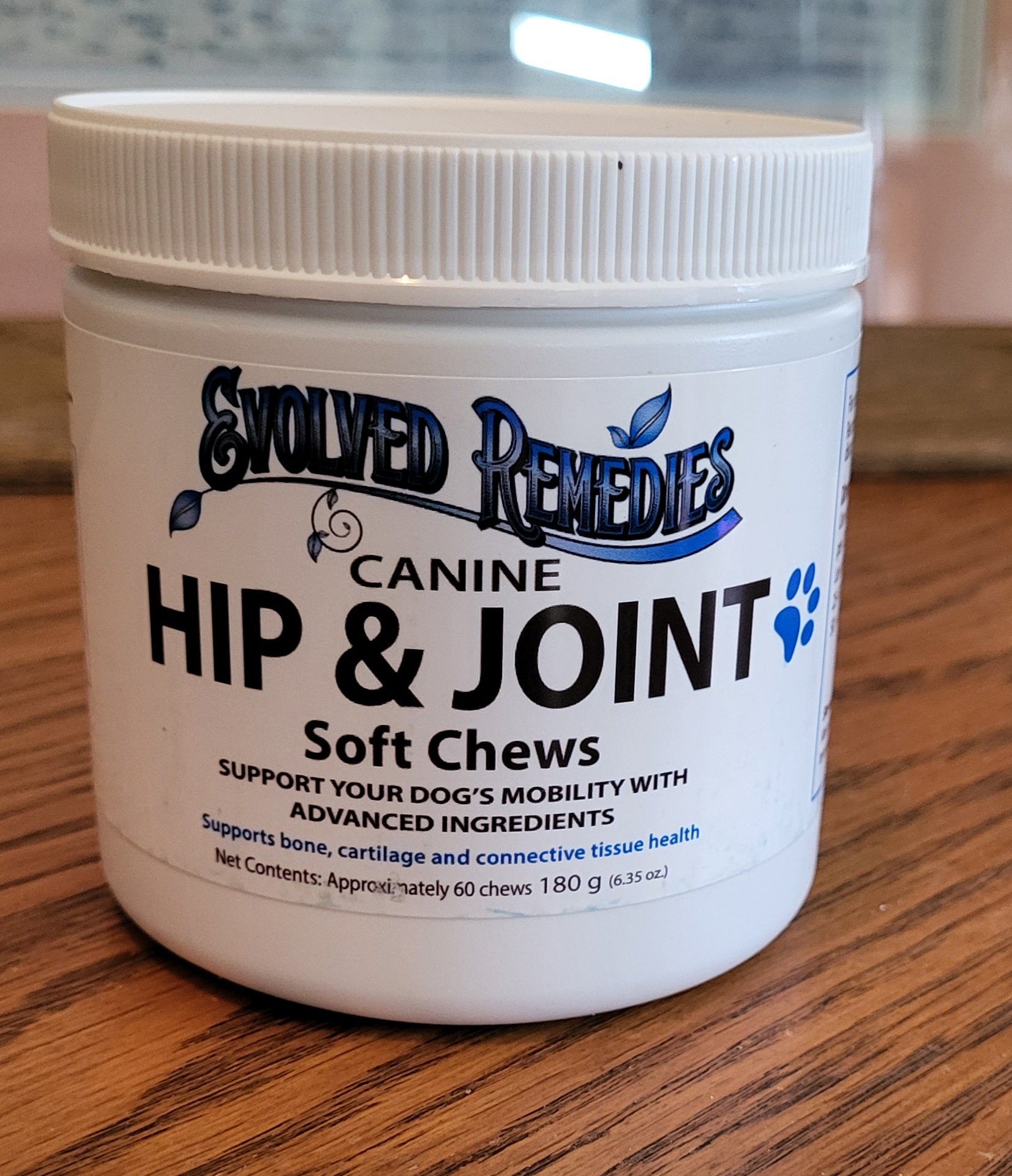
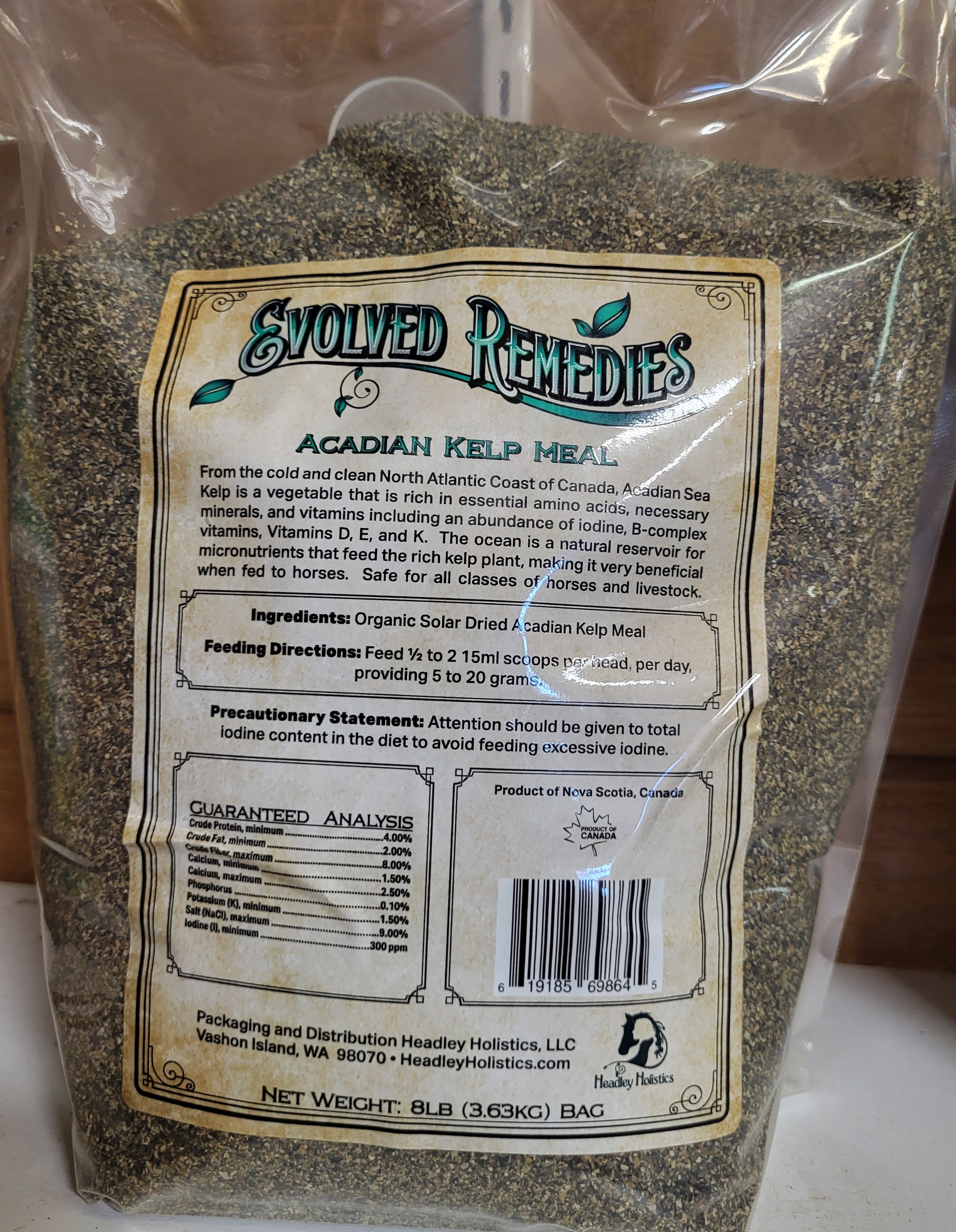
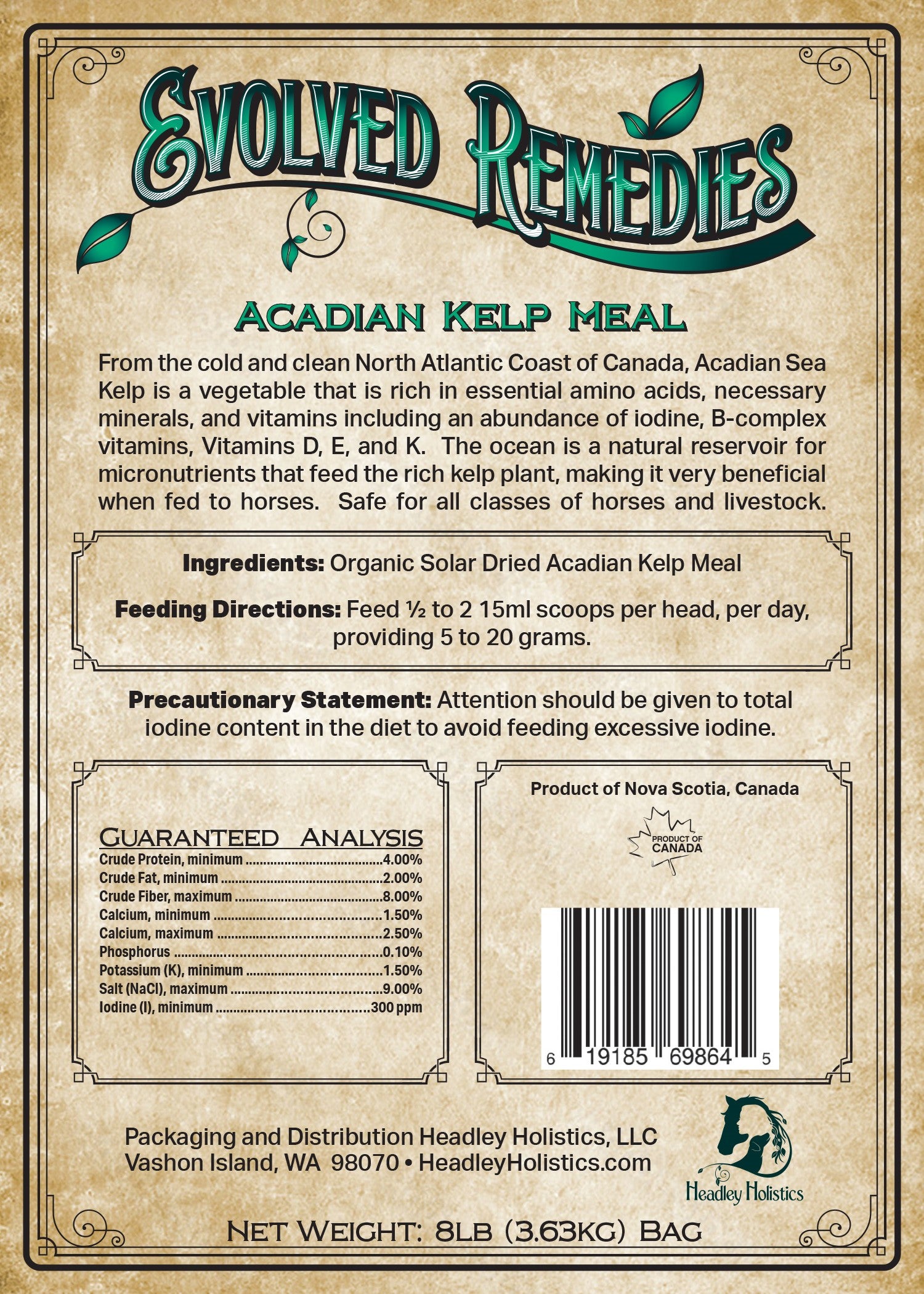
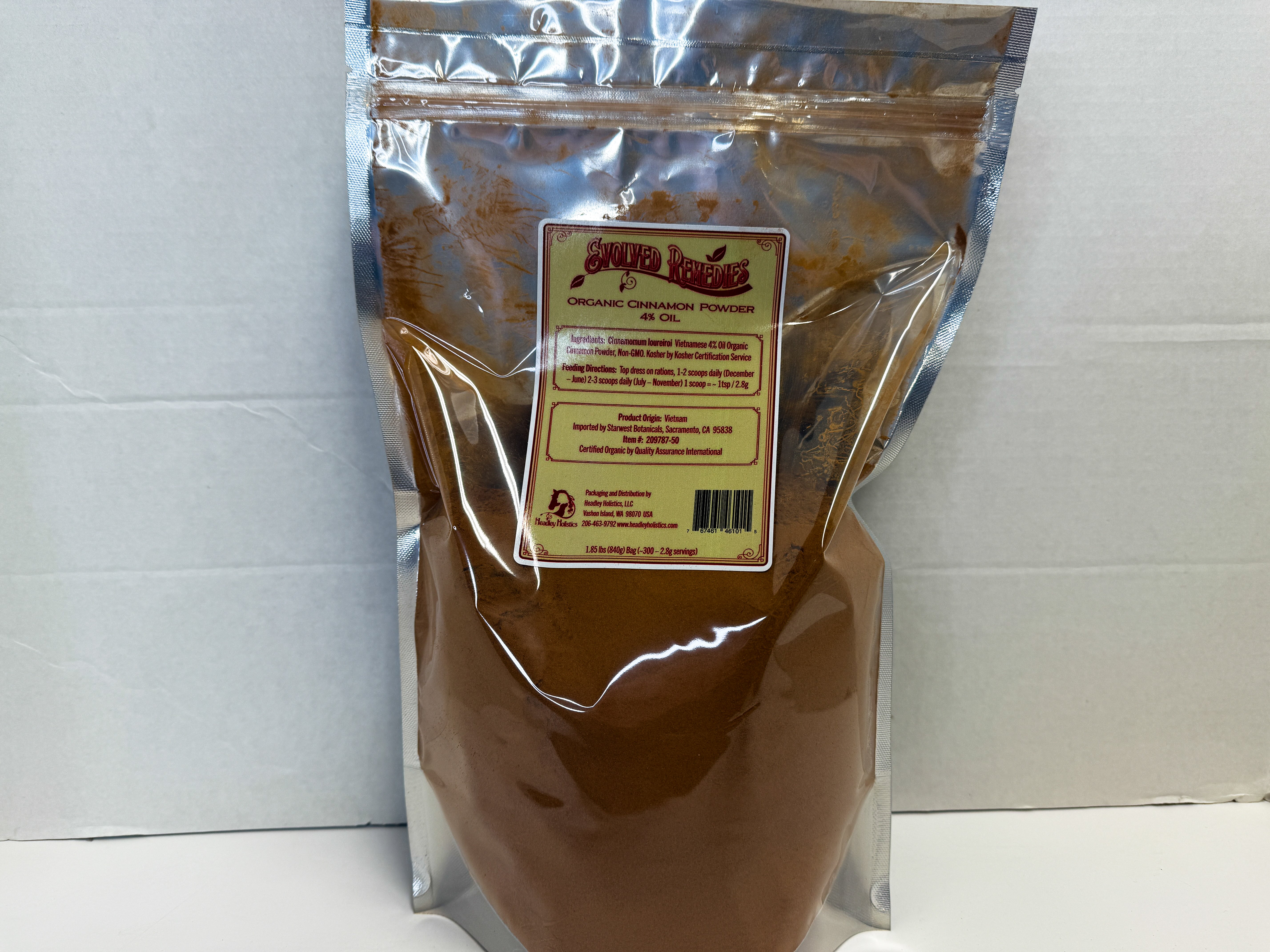
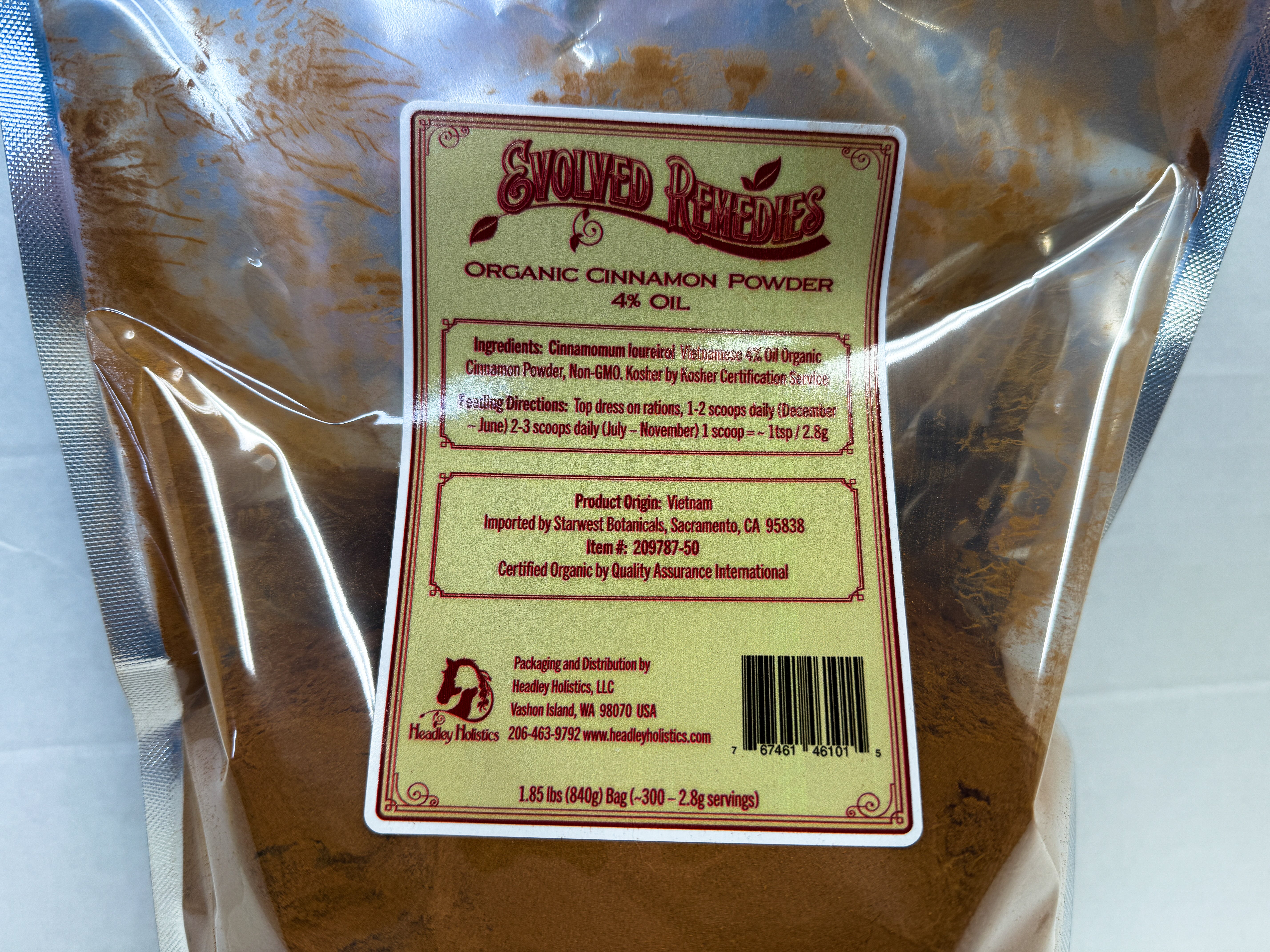
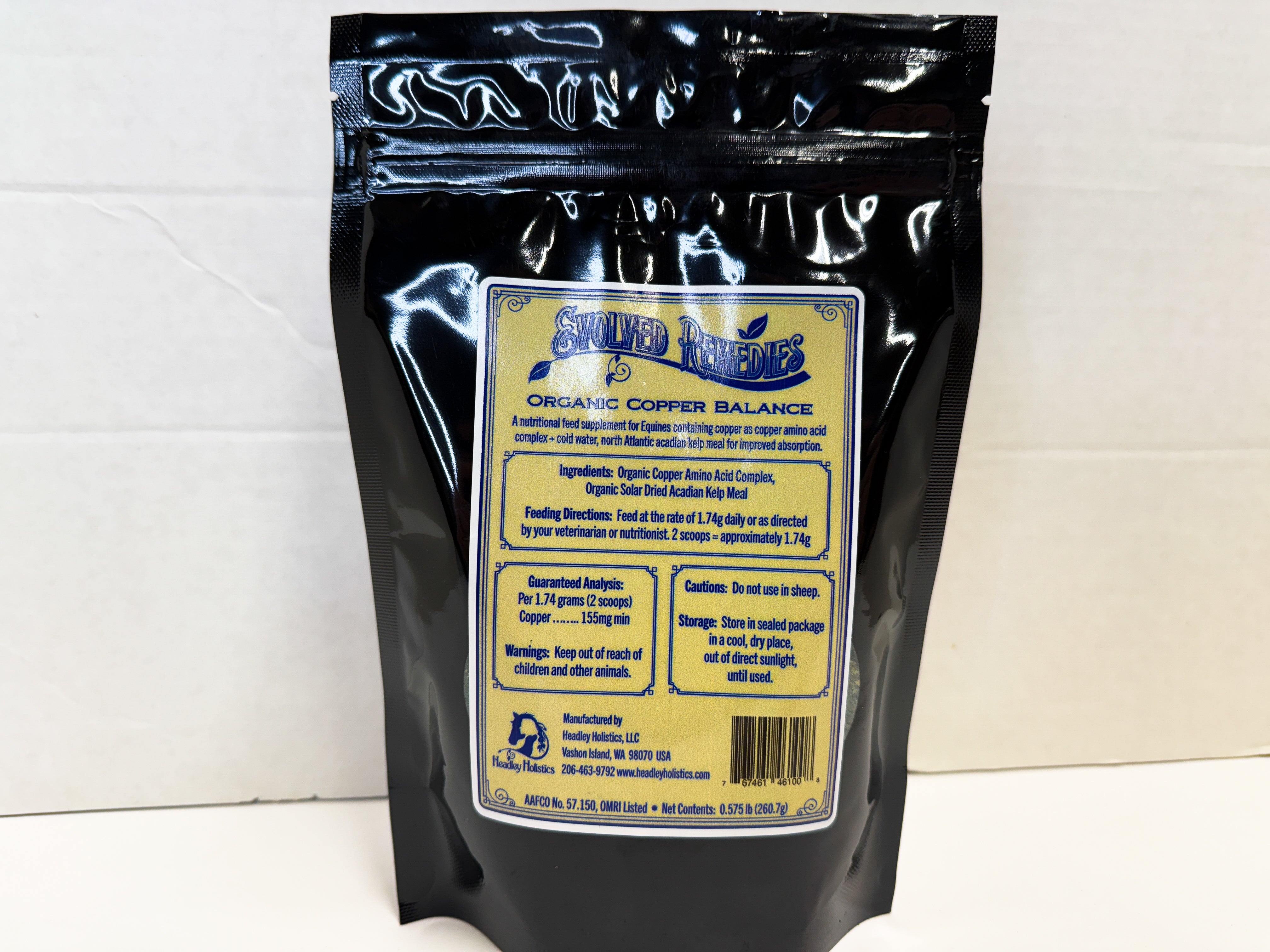
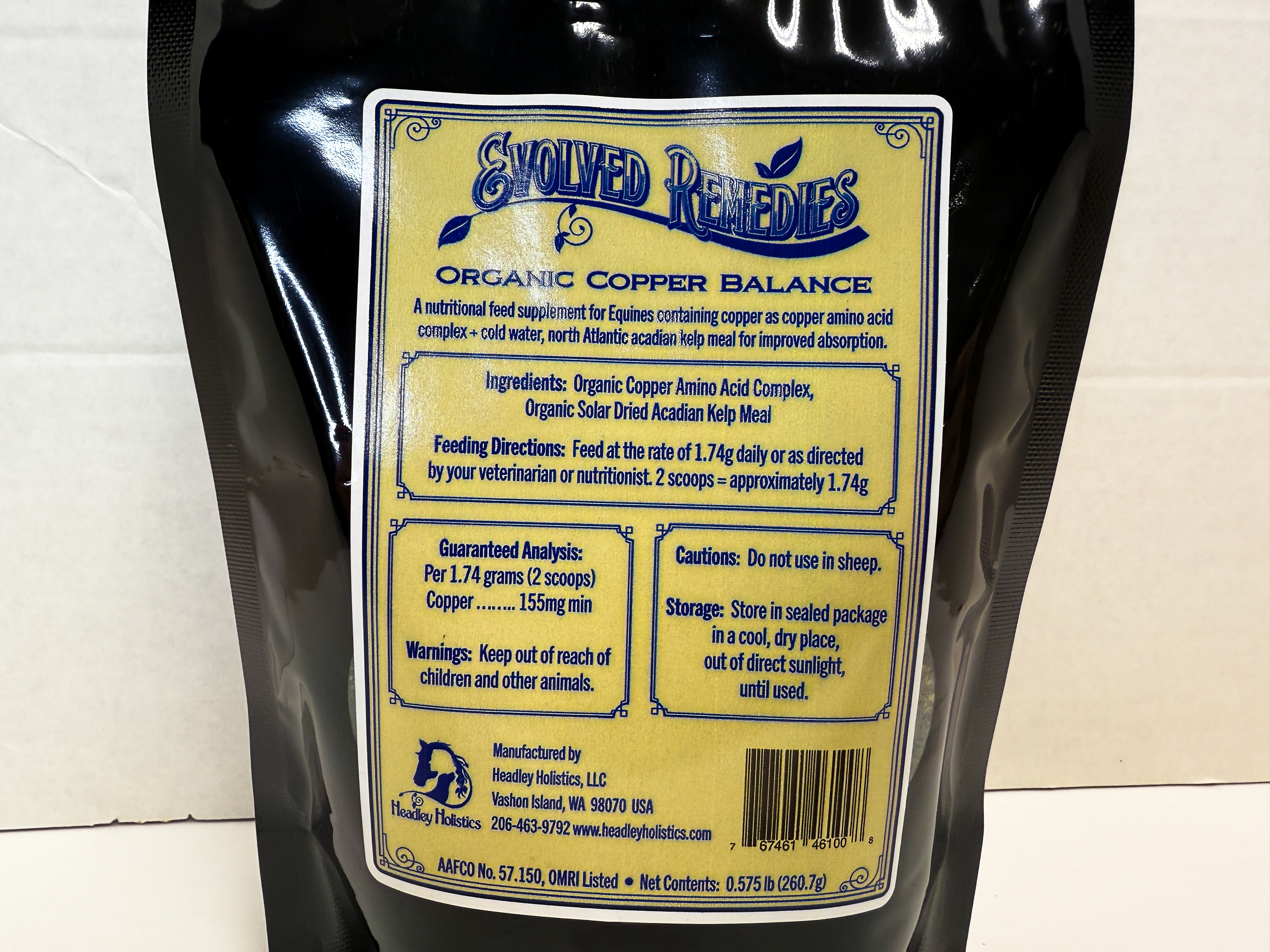
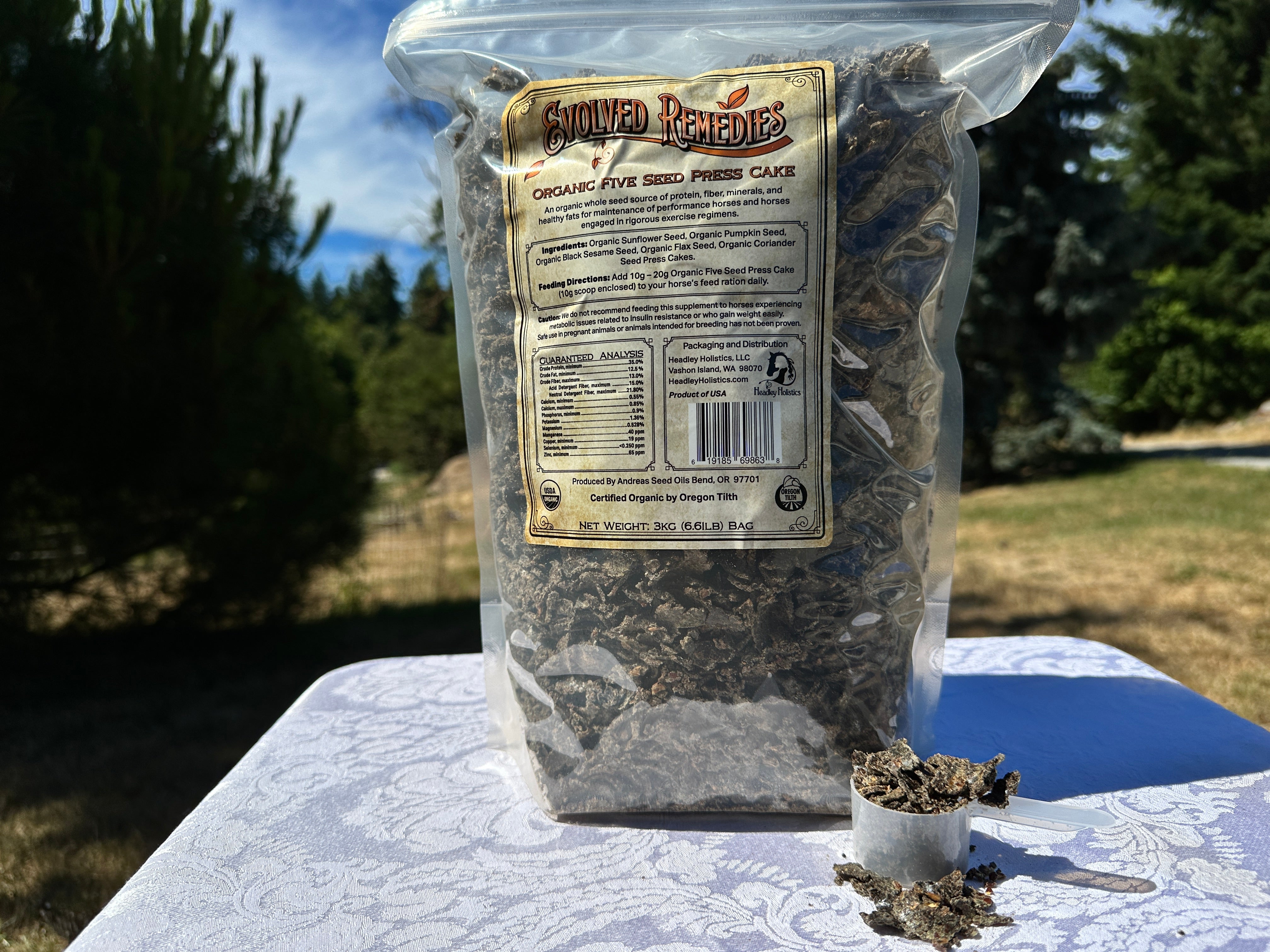
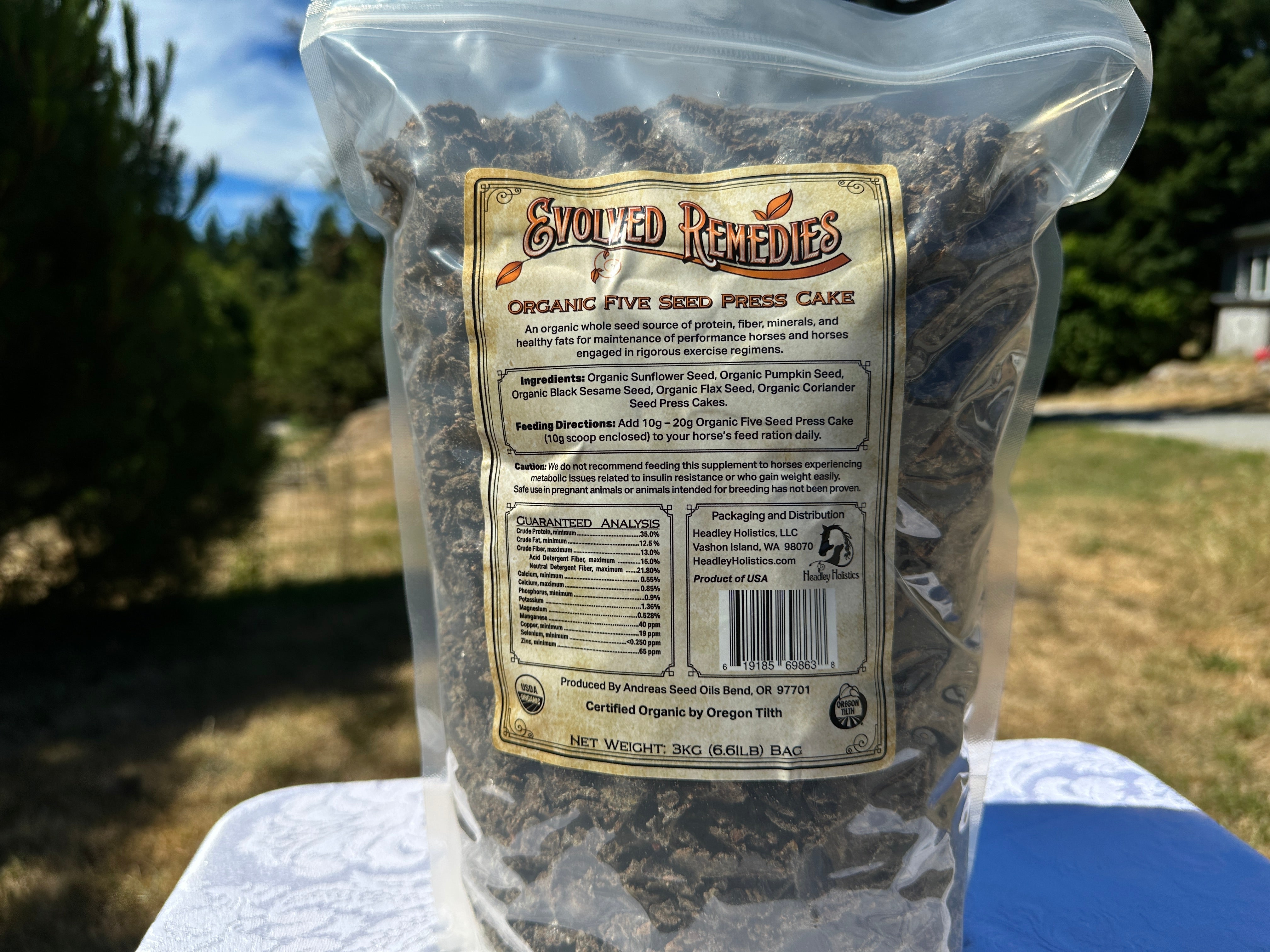
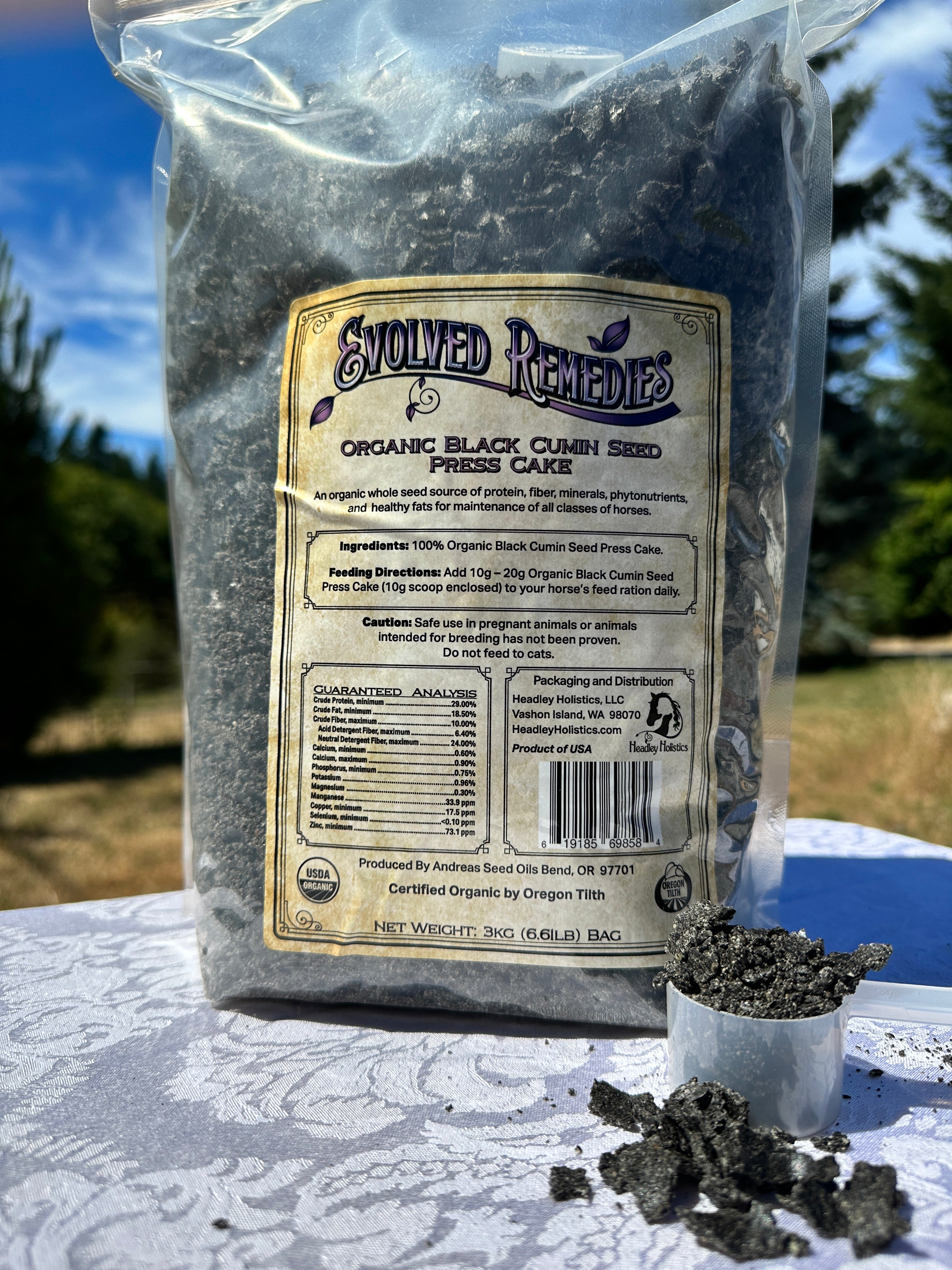
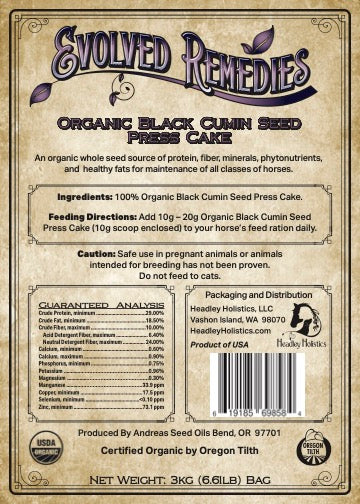
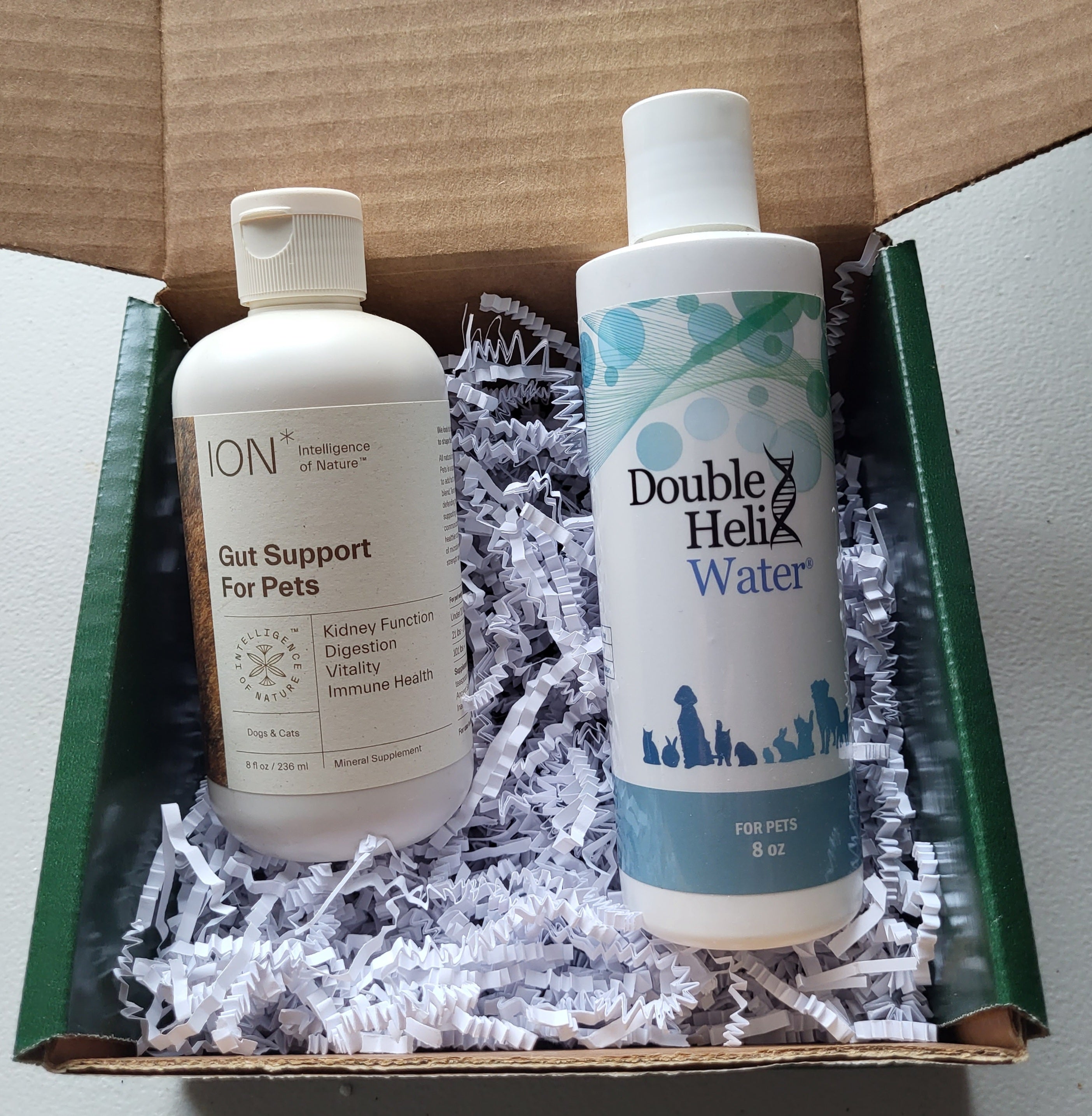
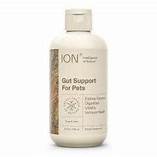
Leave a comment
This site is protected by hCaptcha and the hCaptcha Privacy Policy and Terms of Service apply.